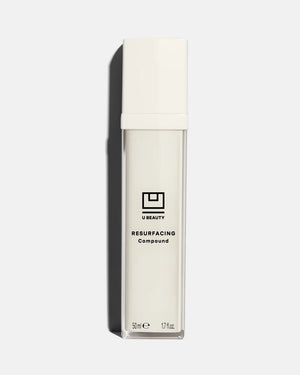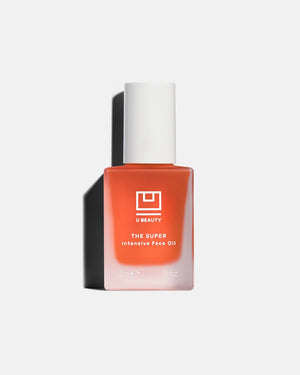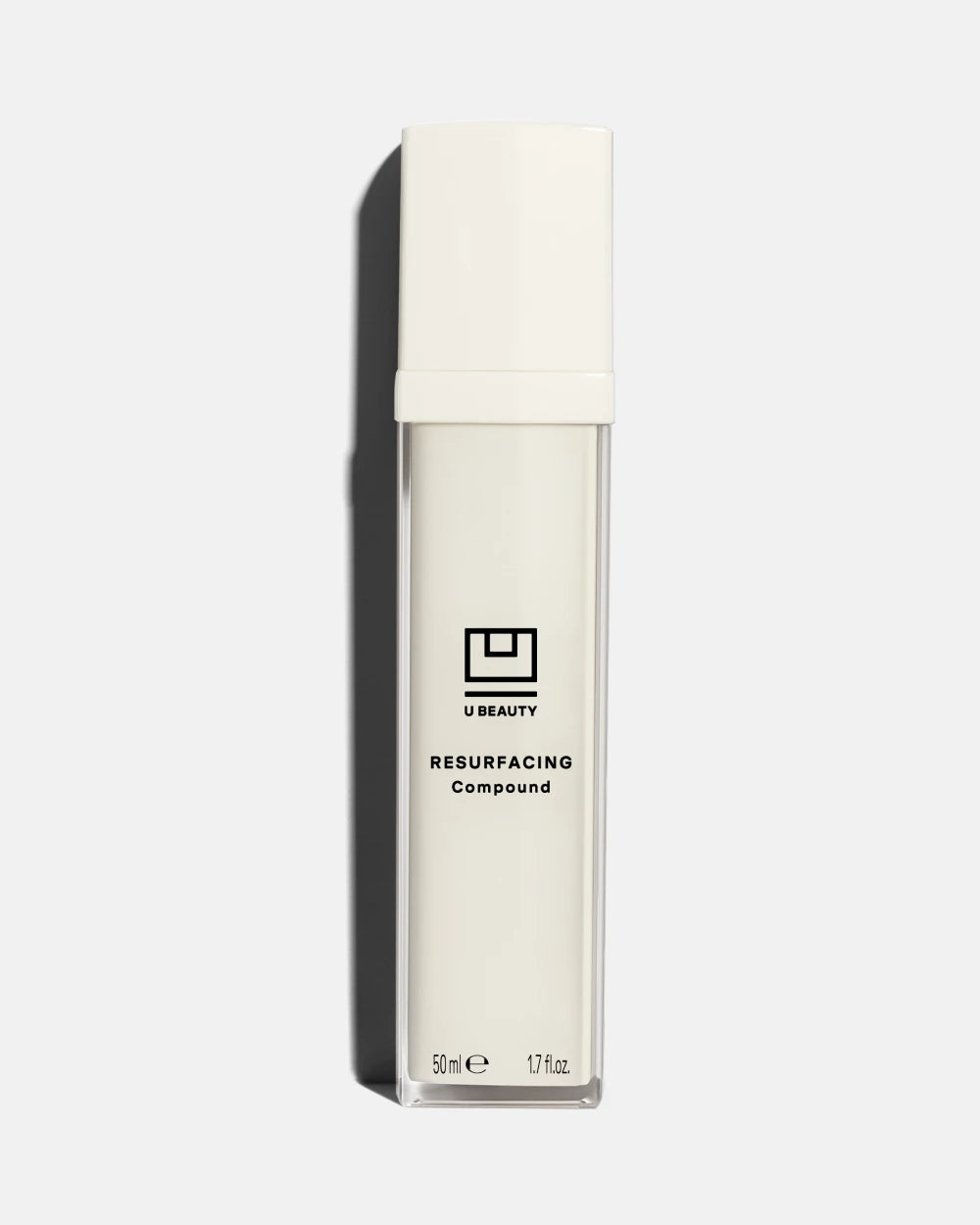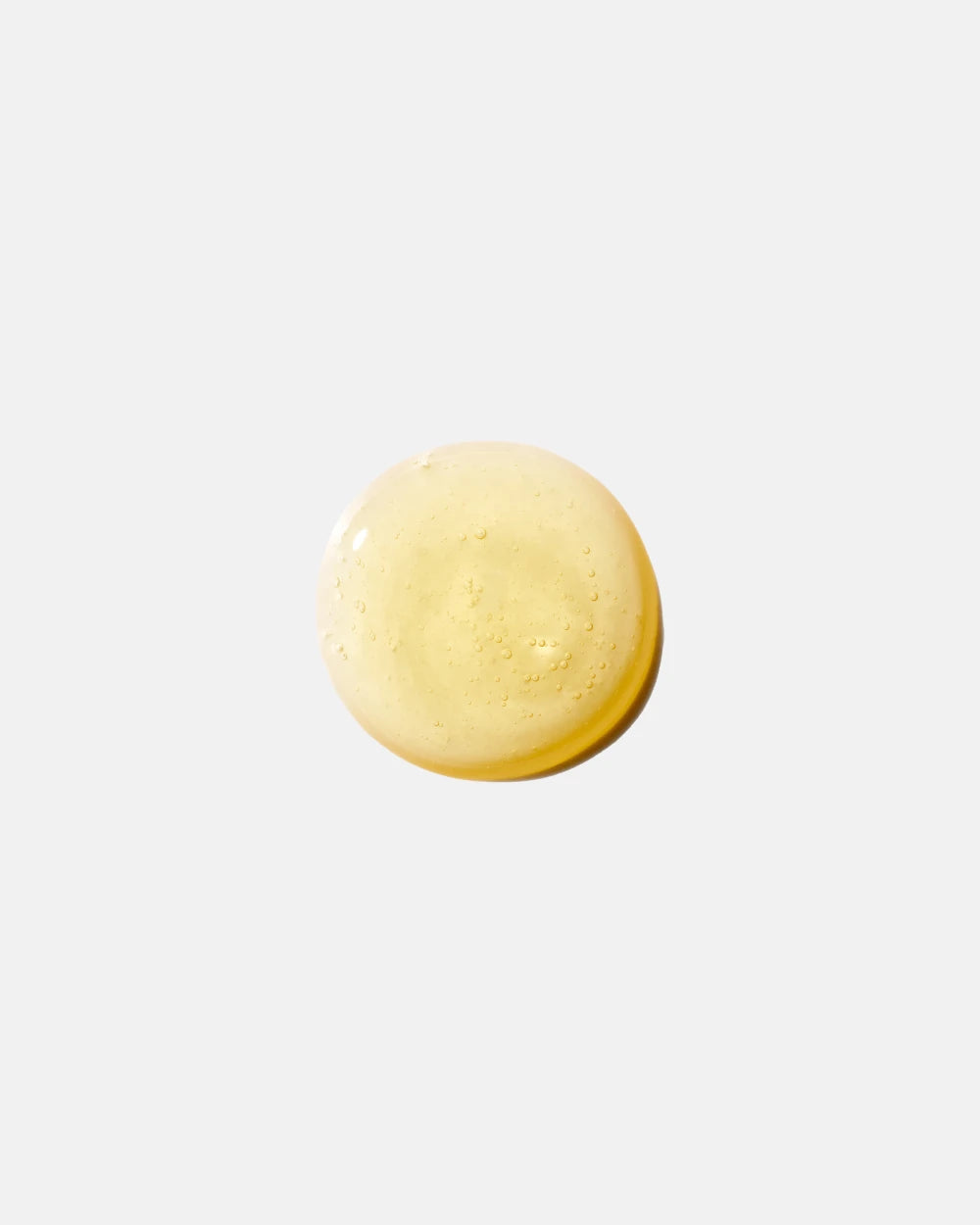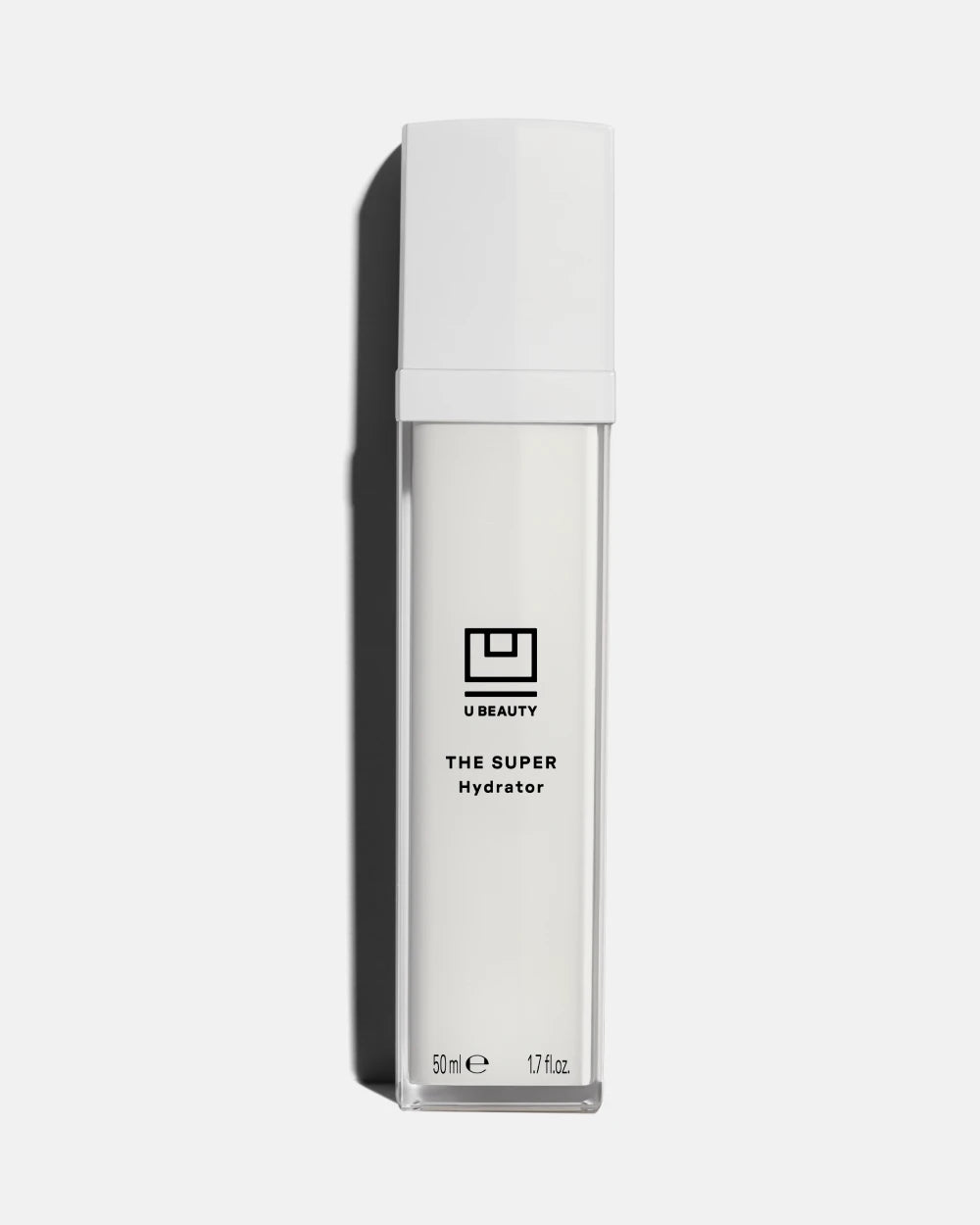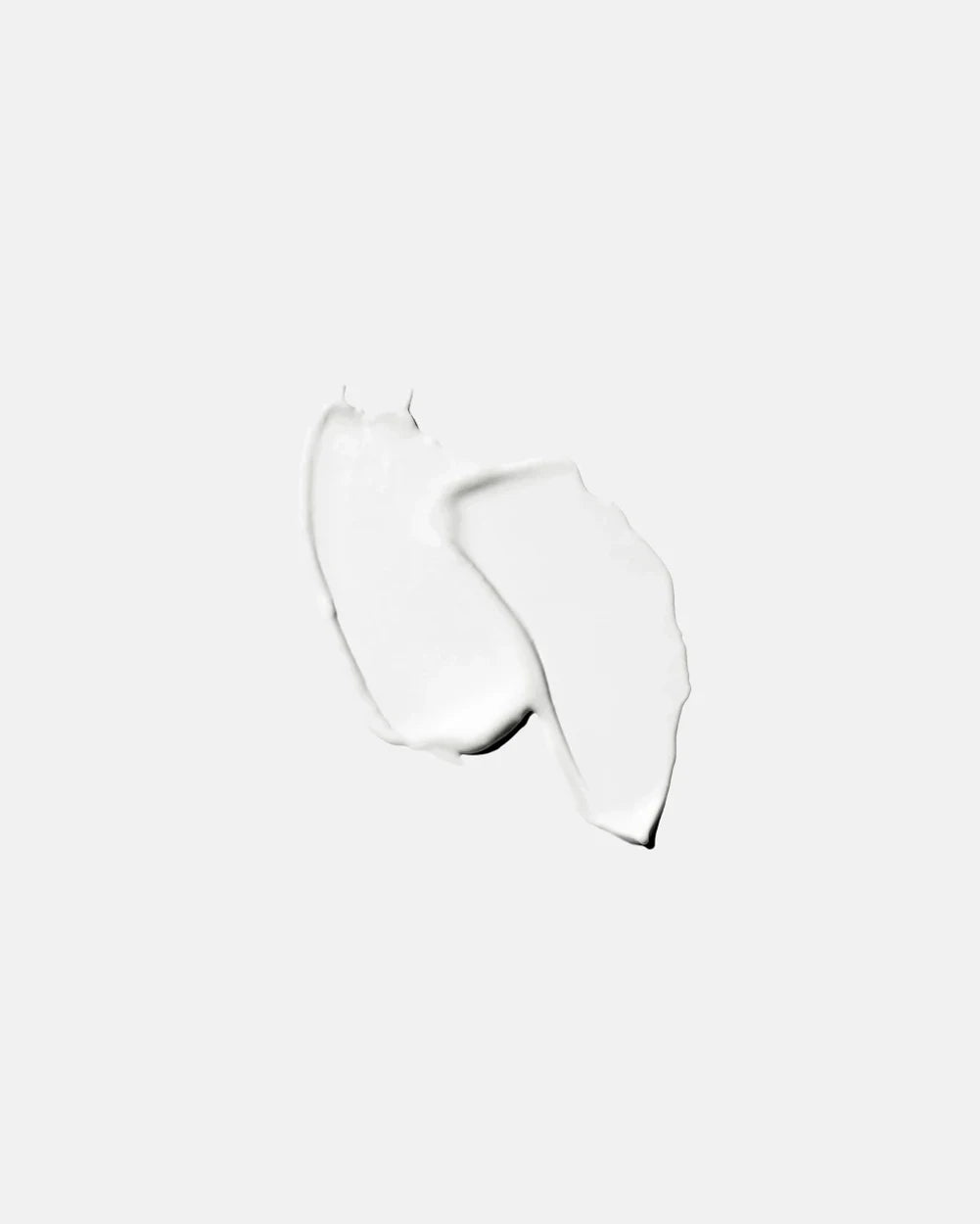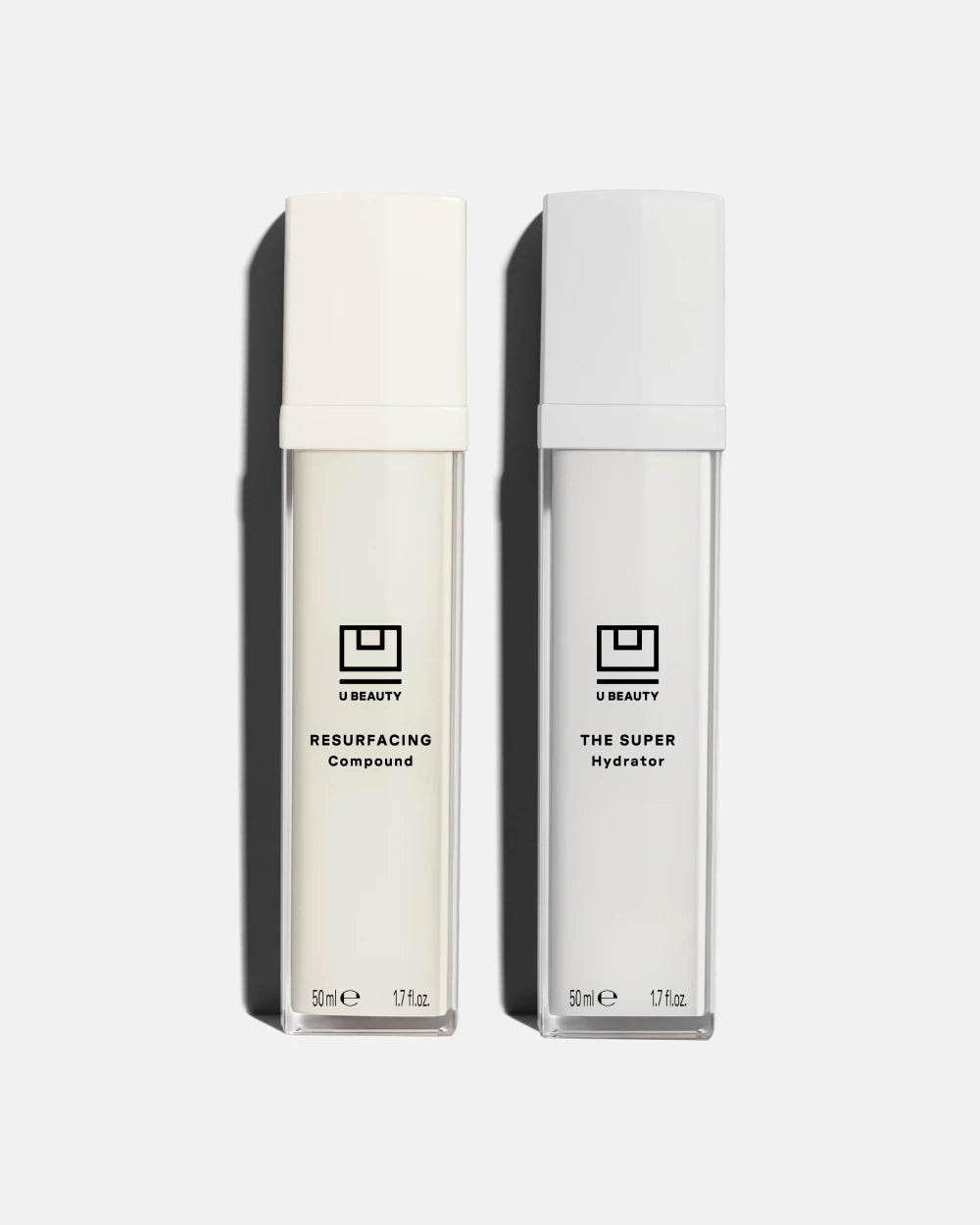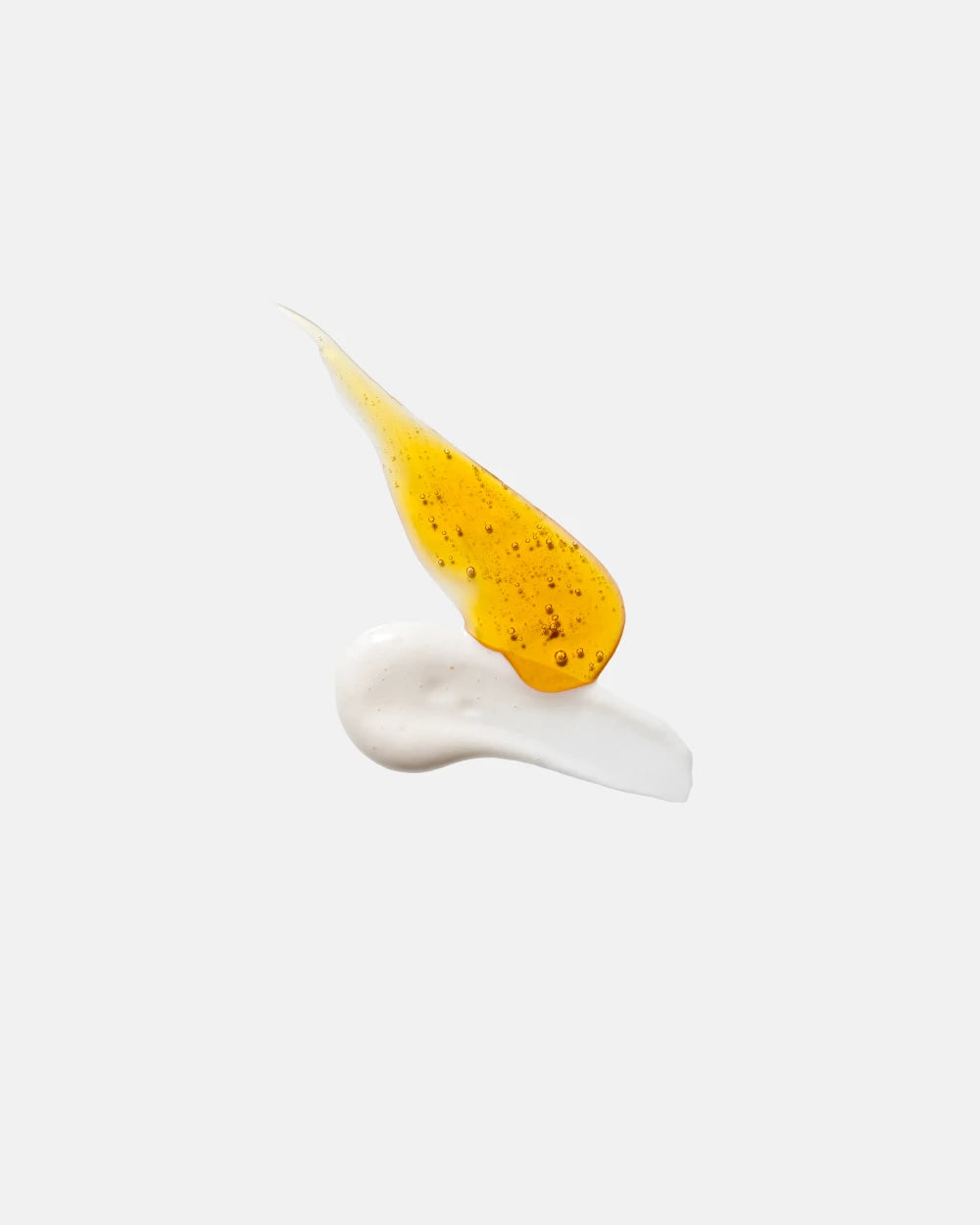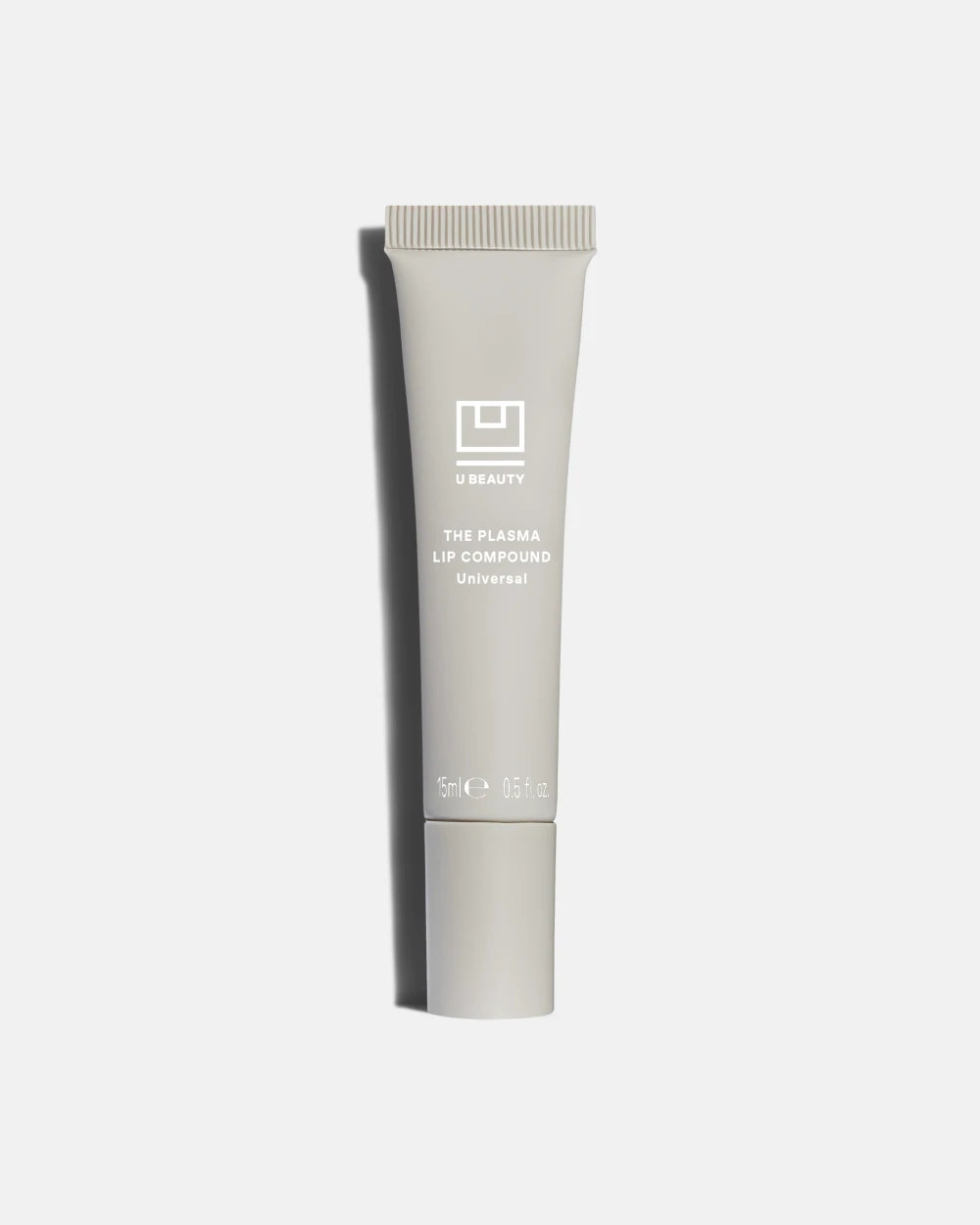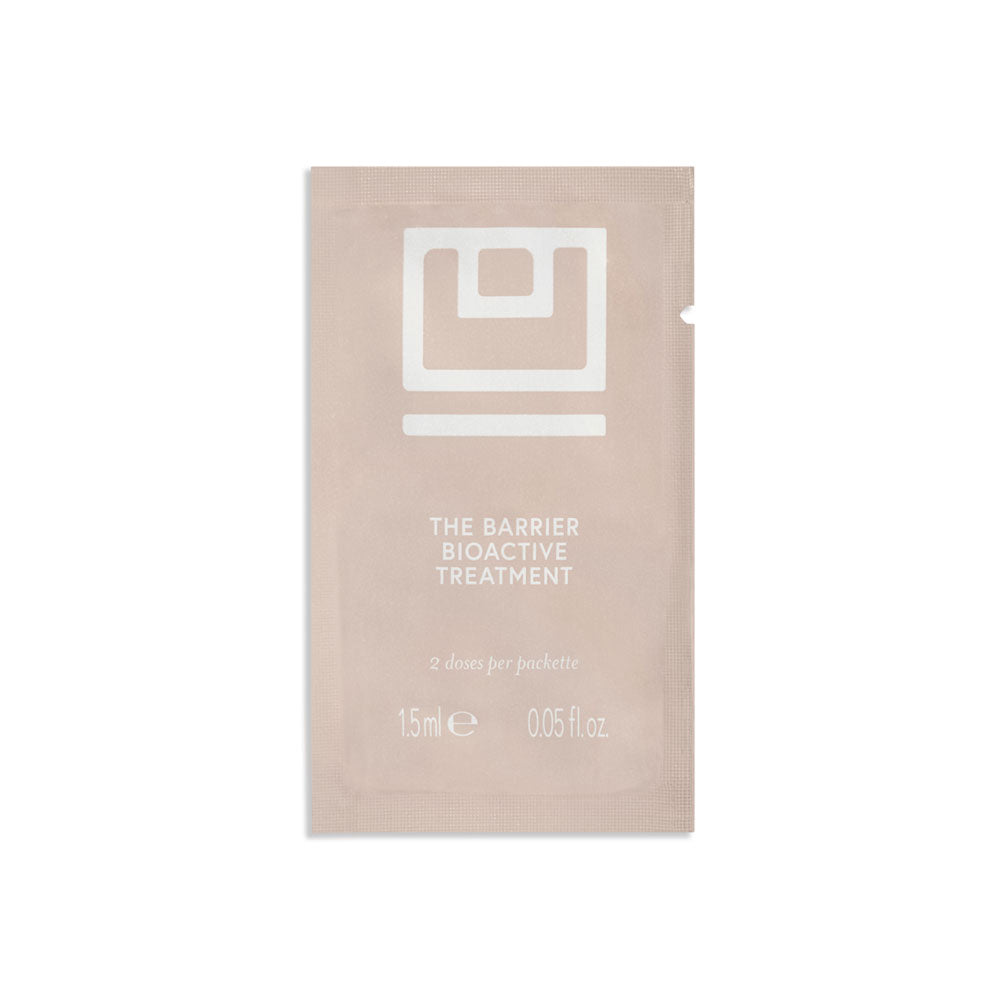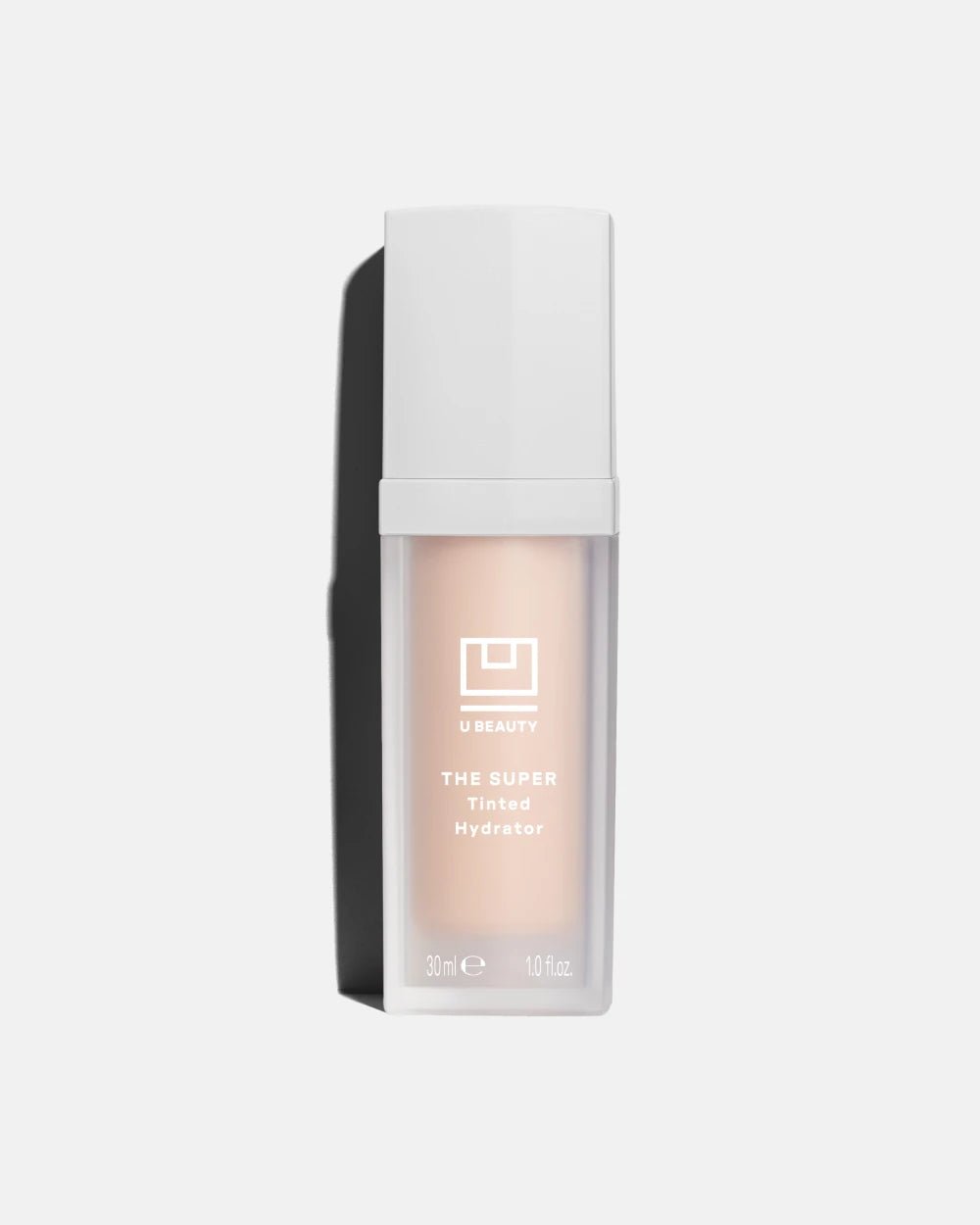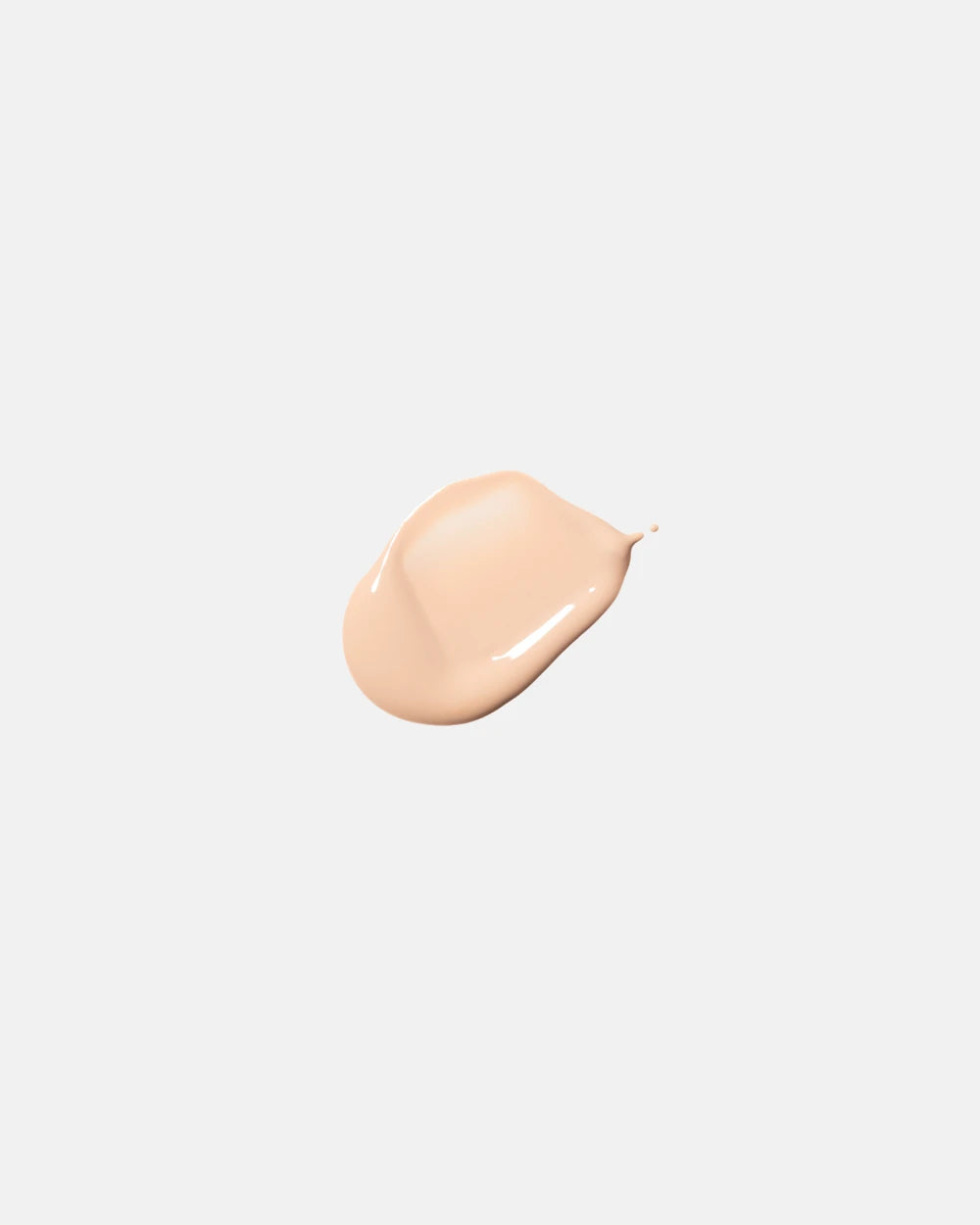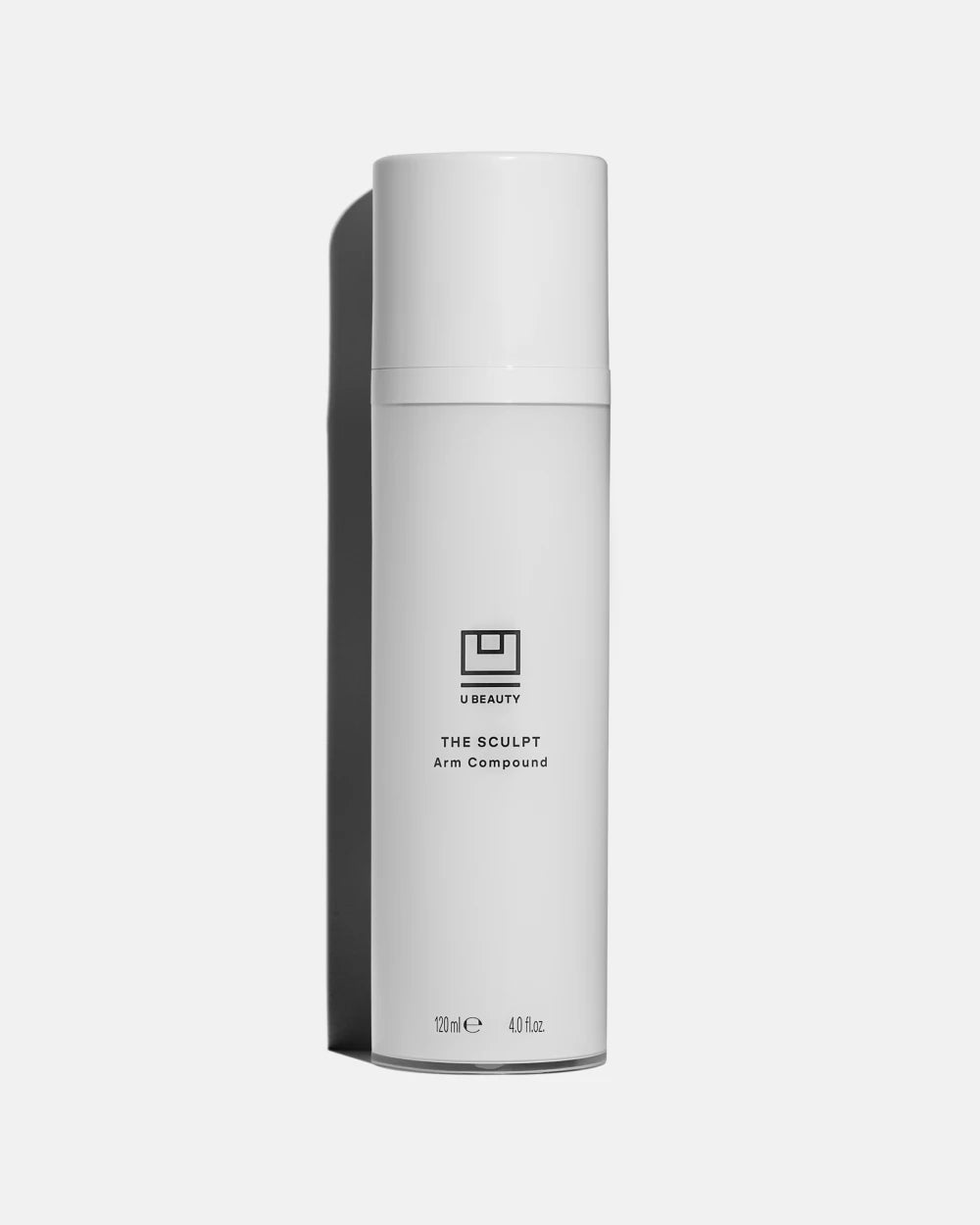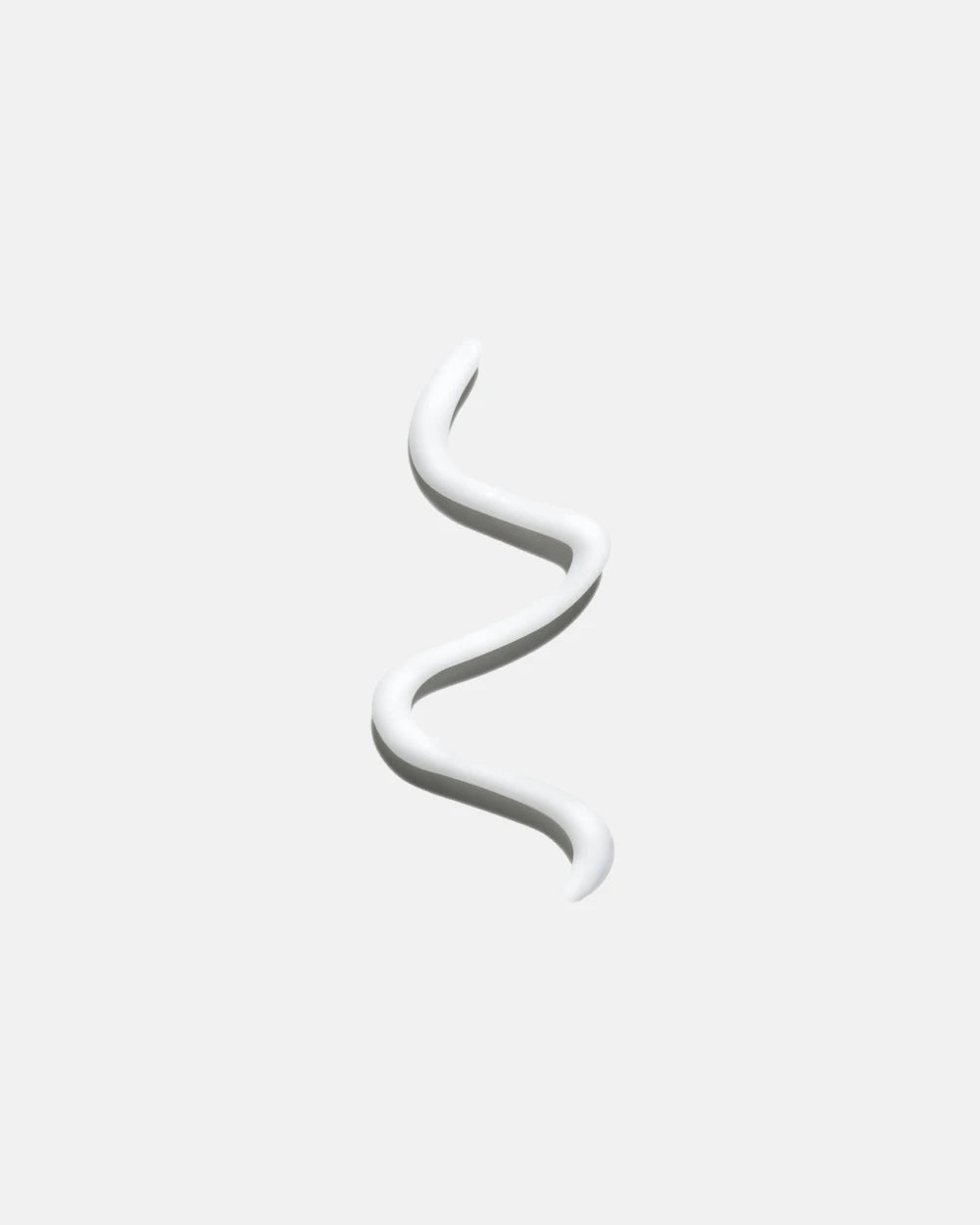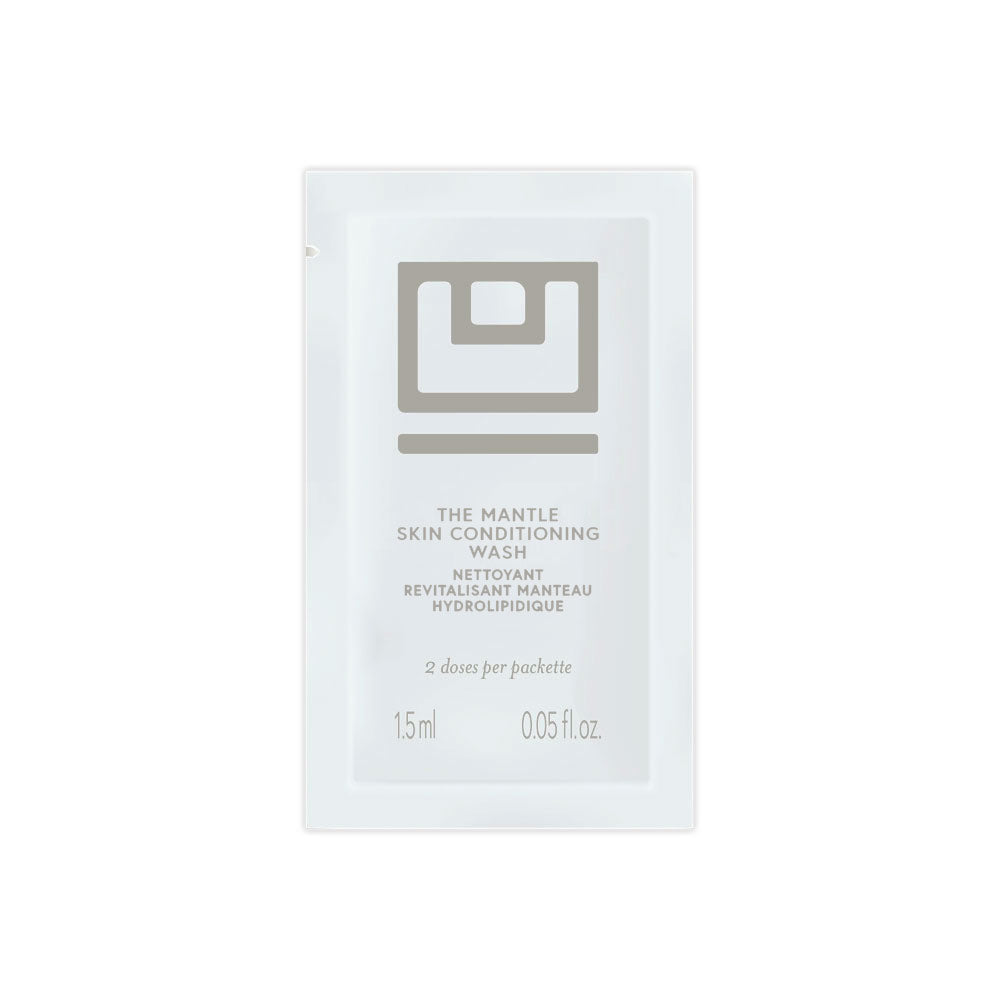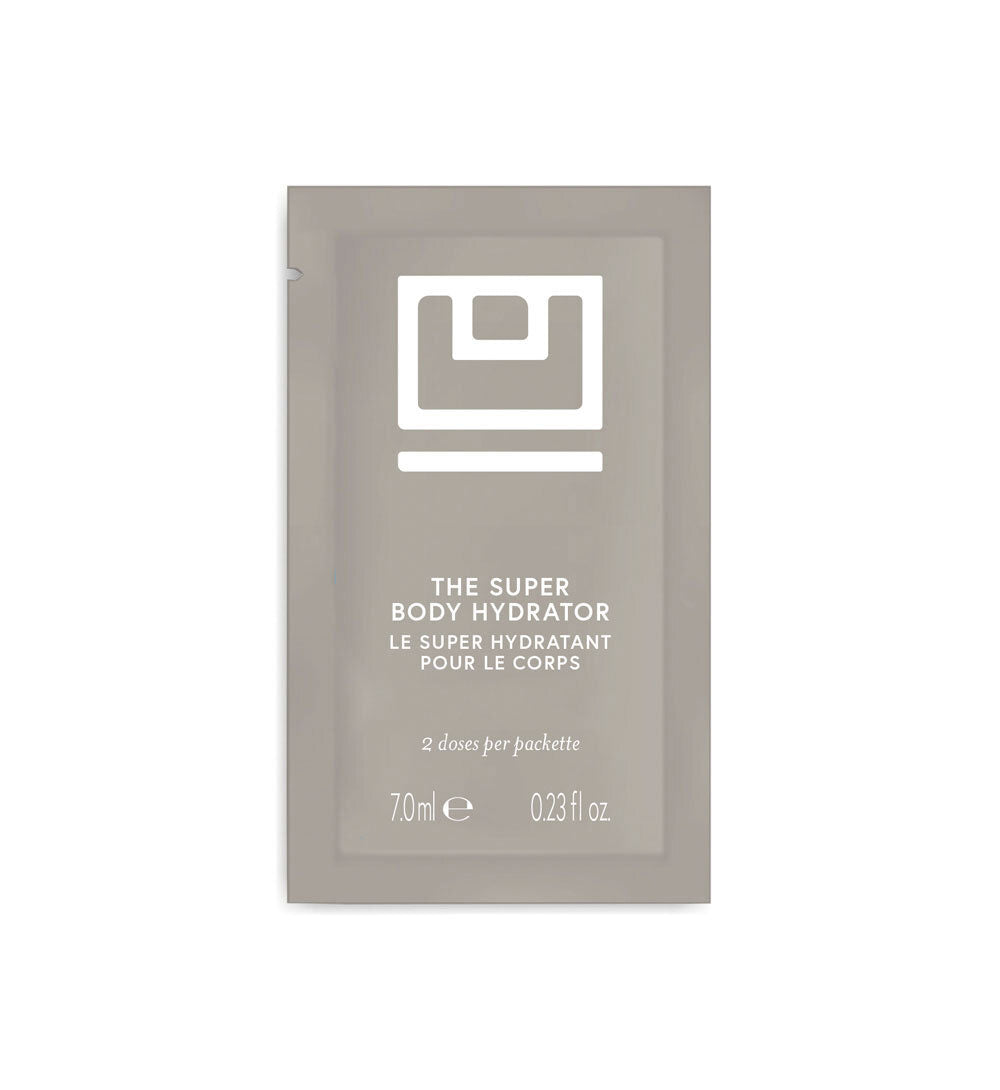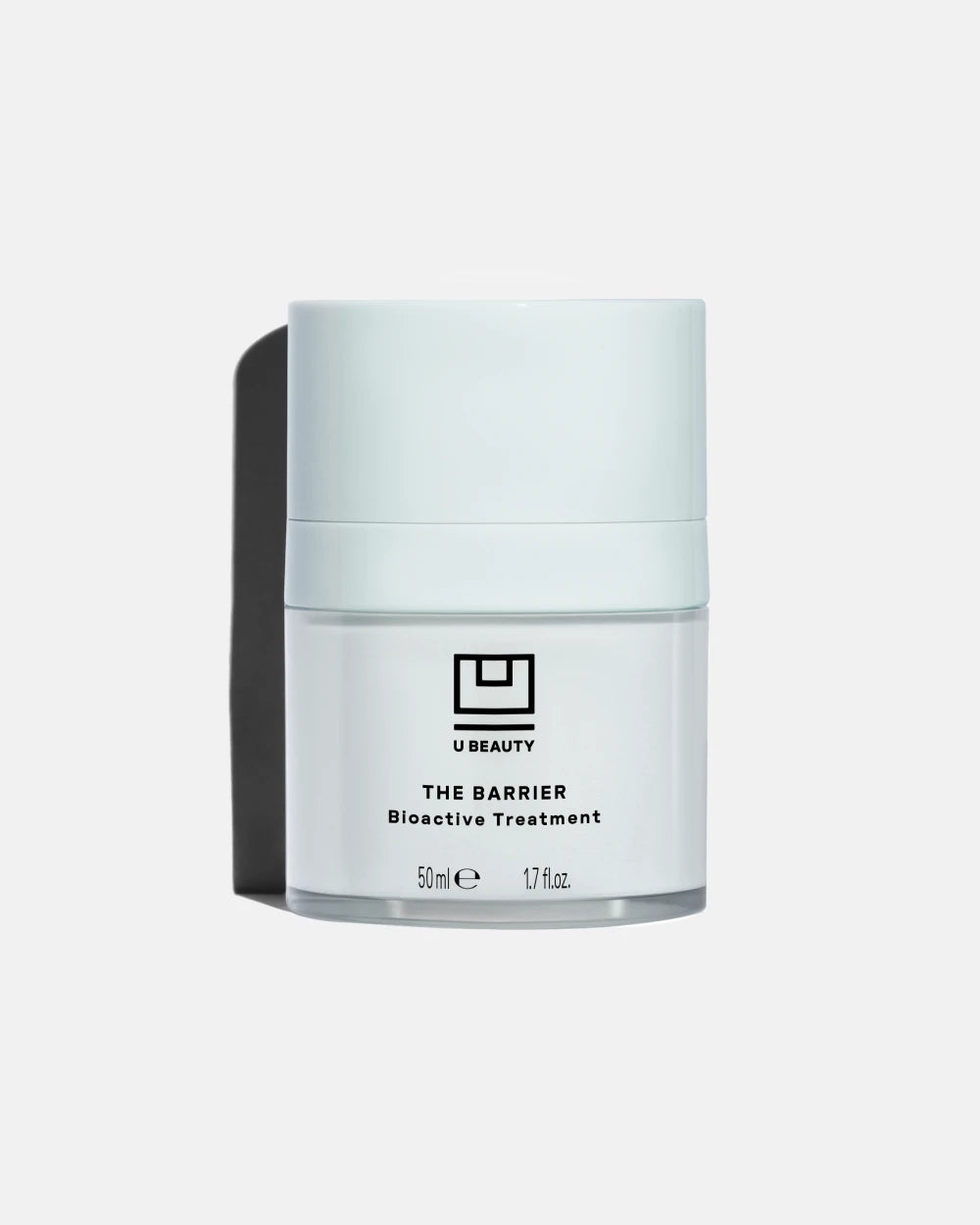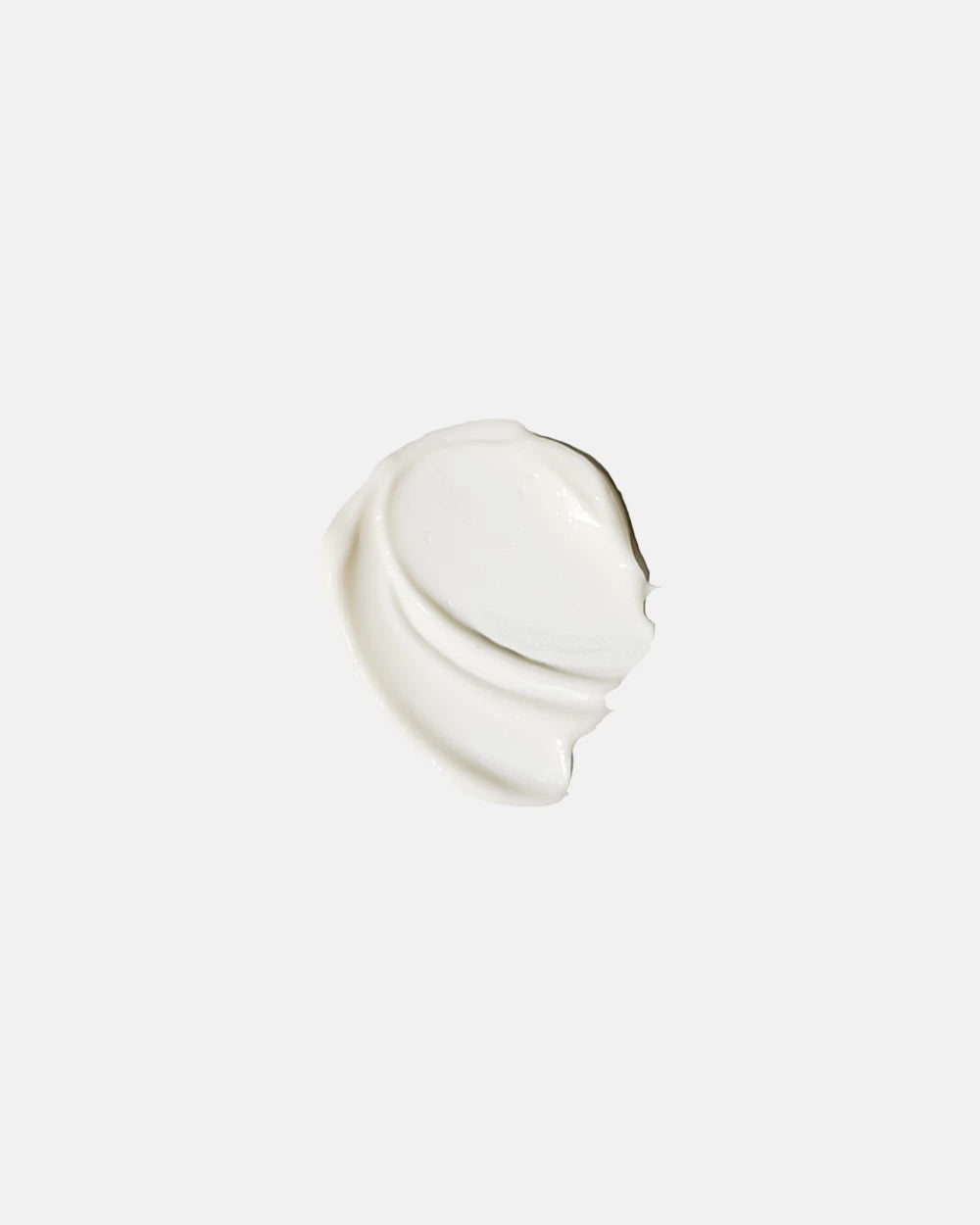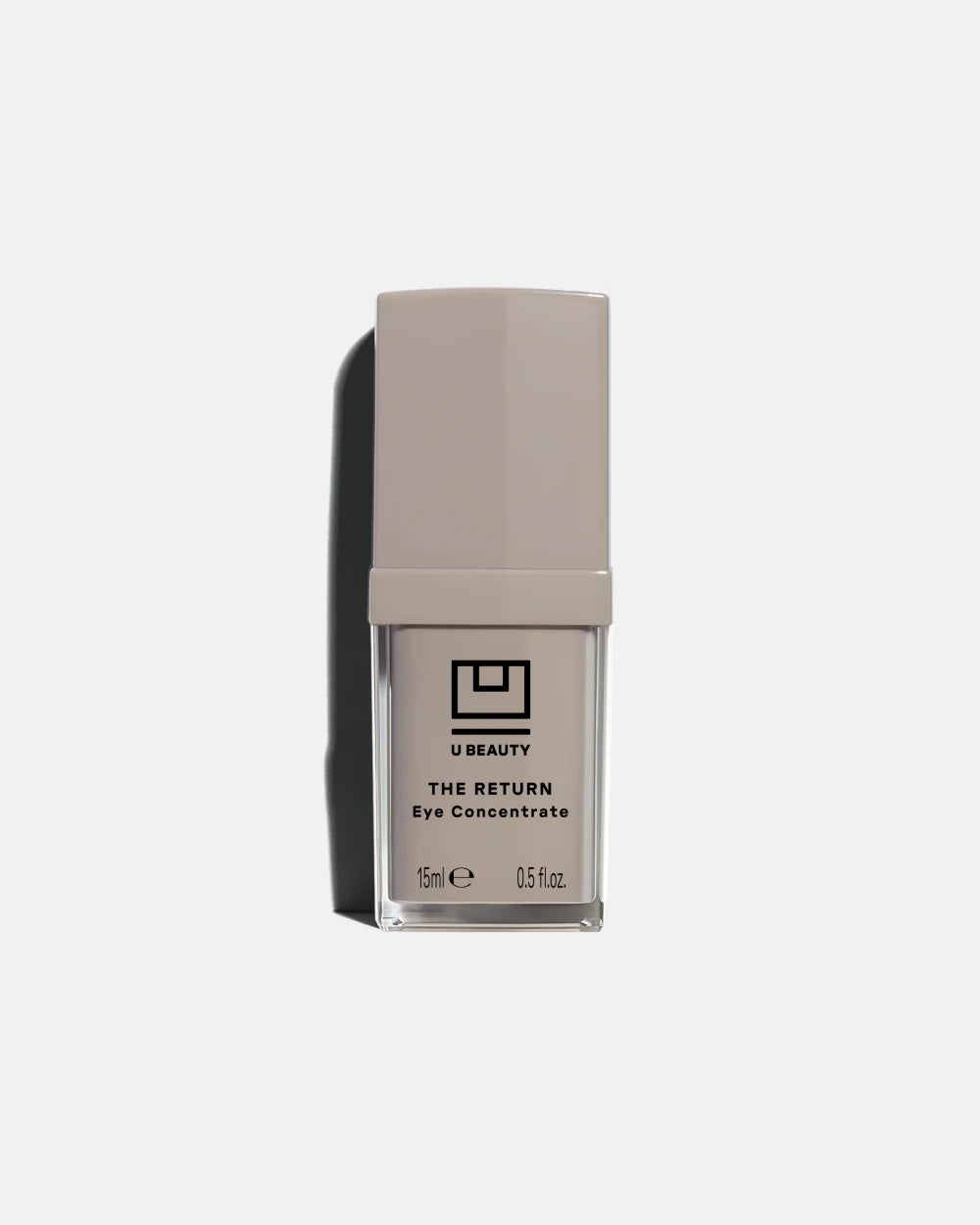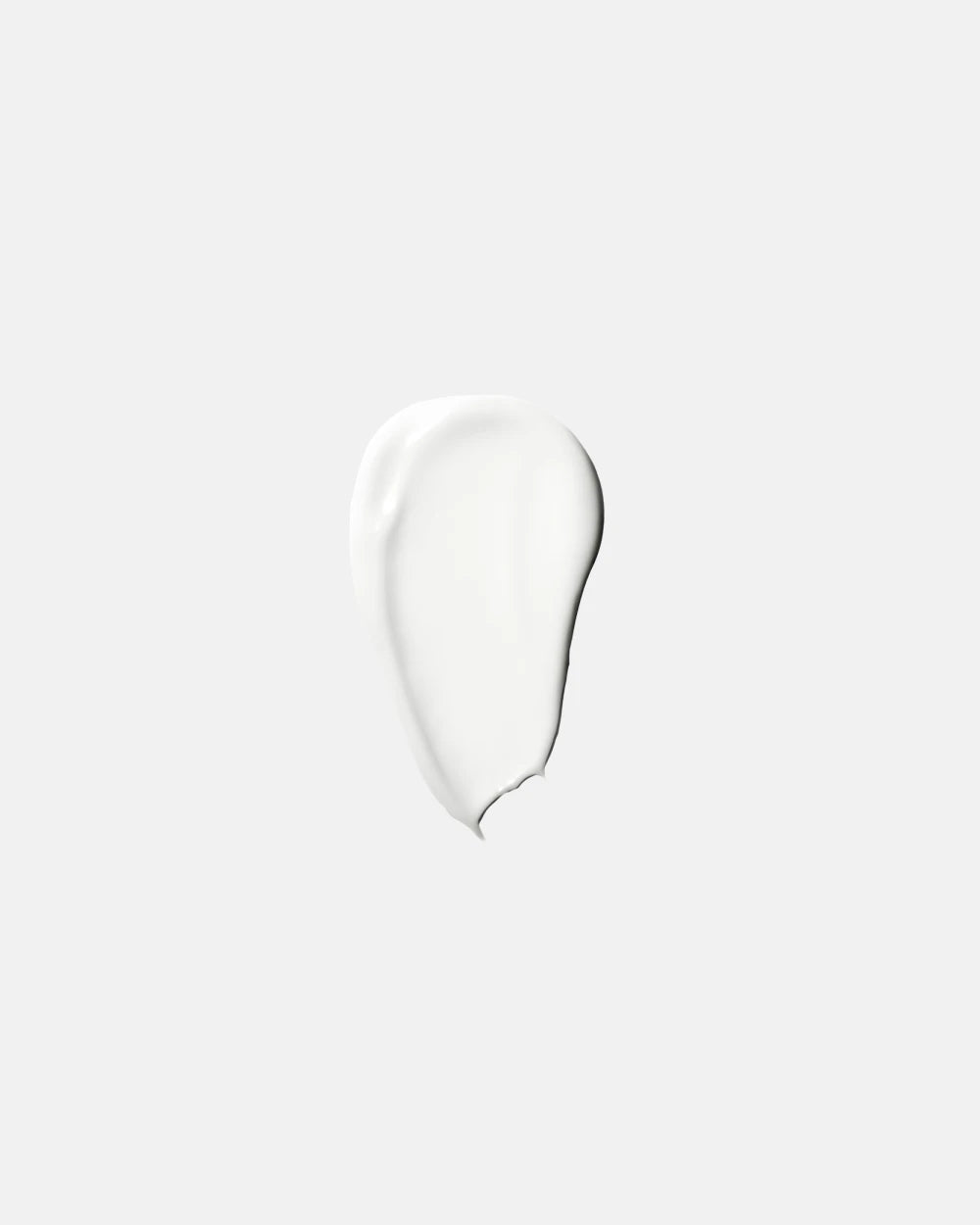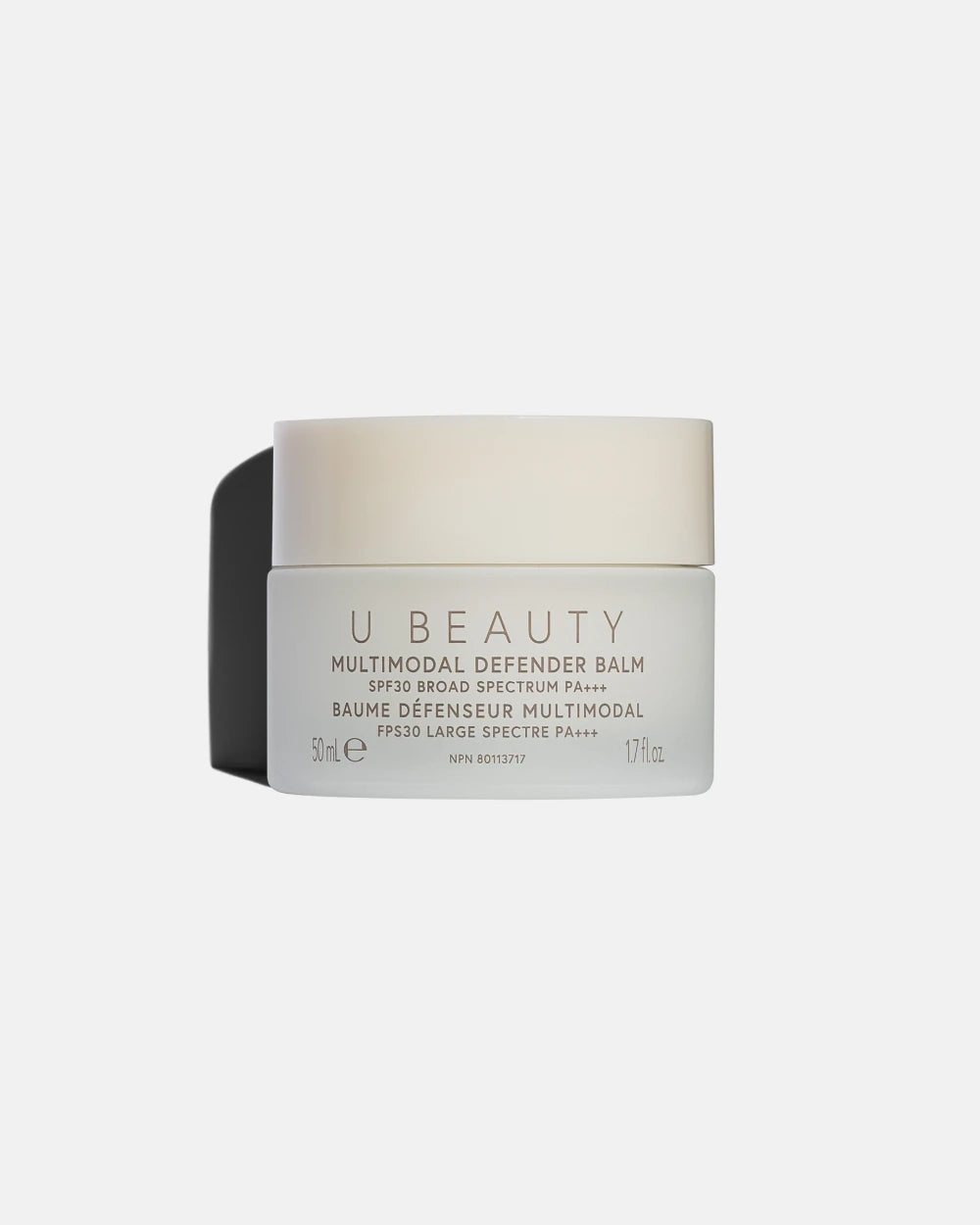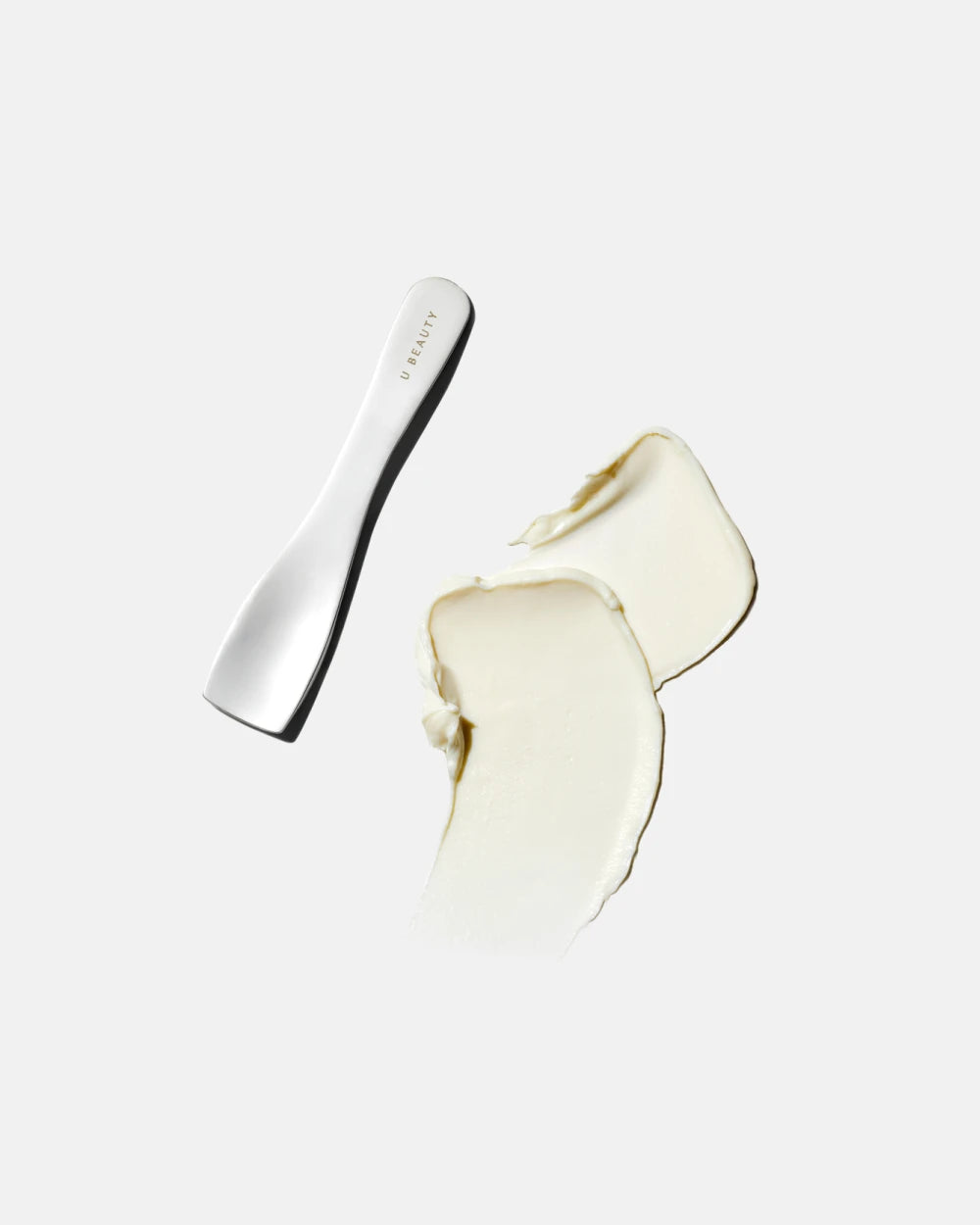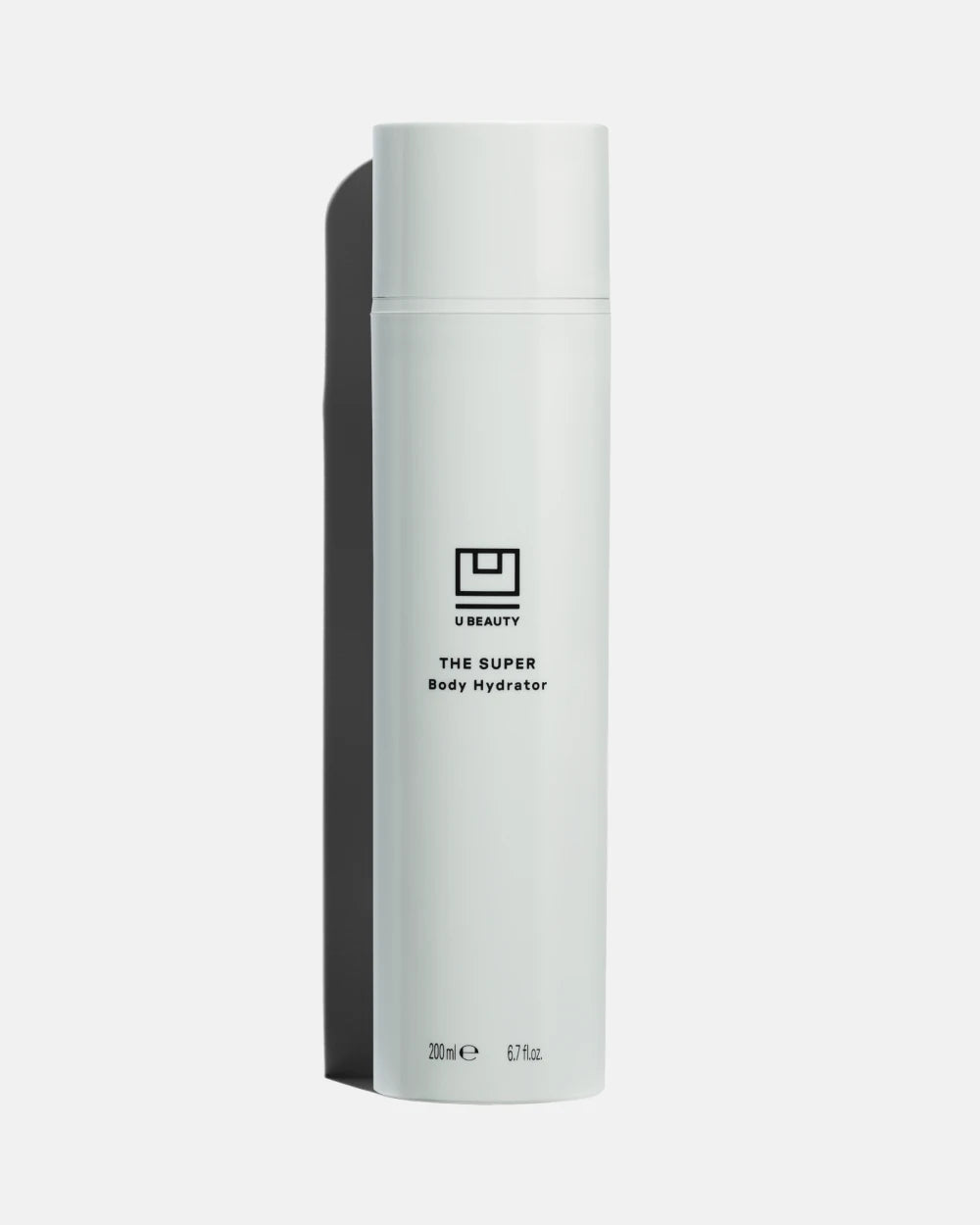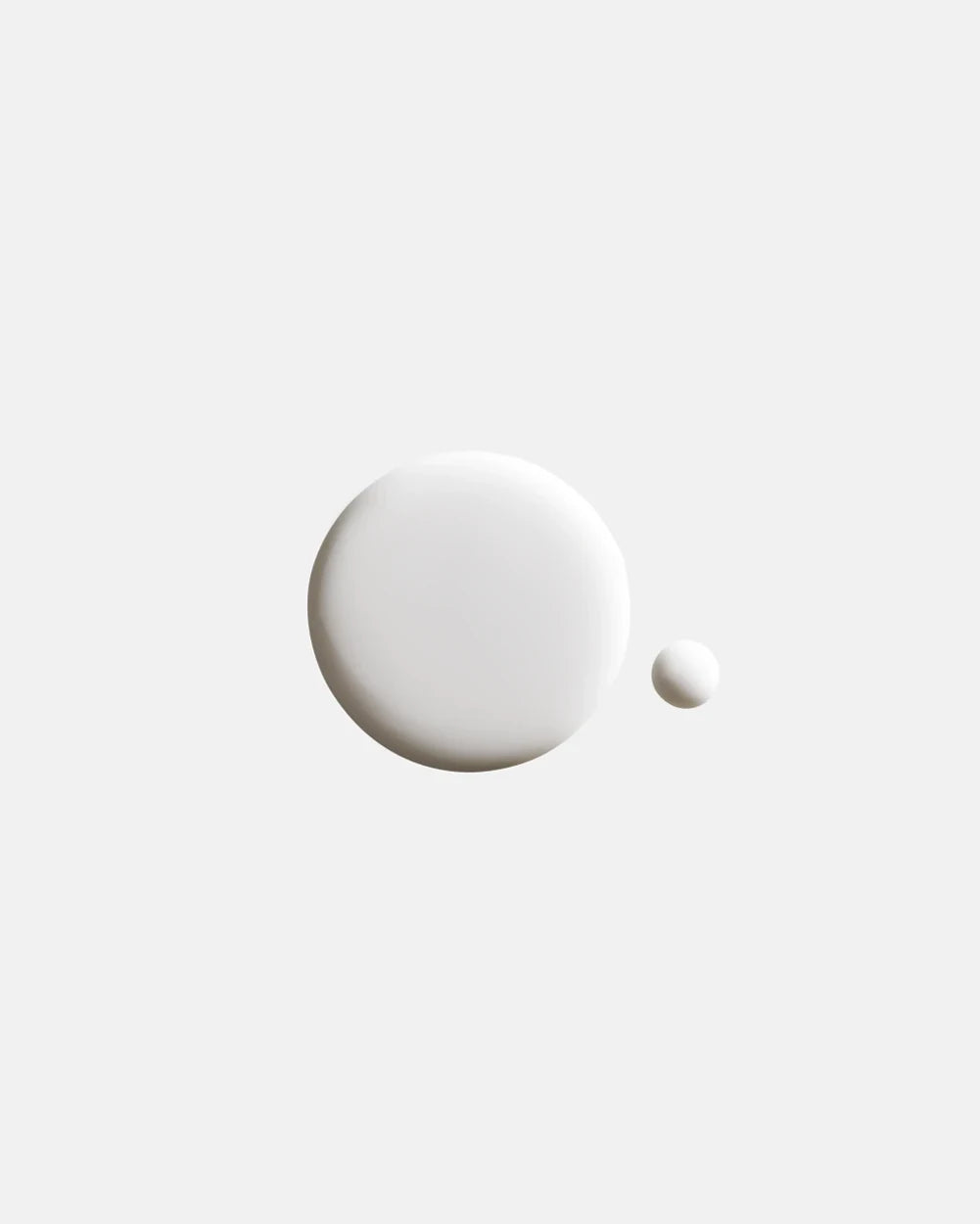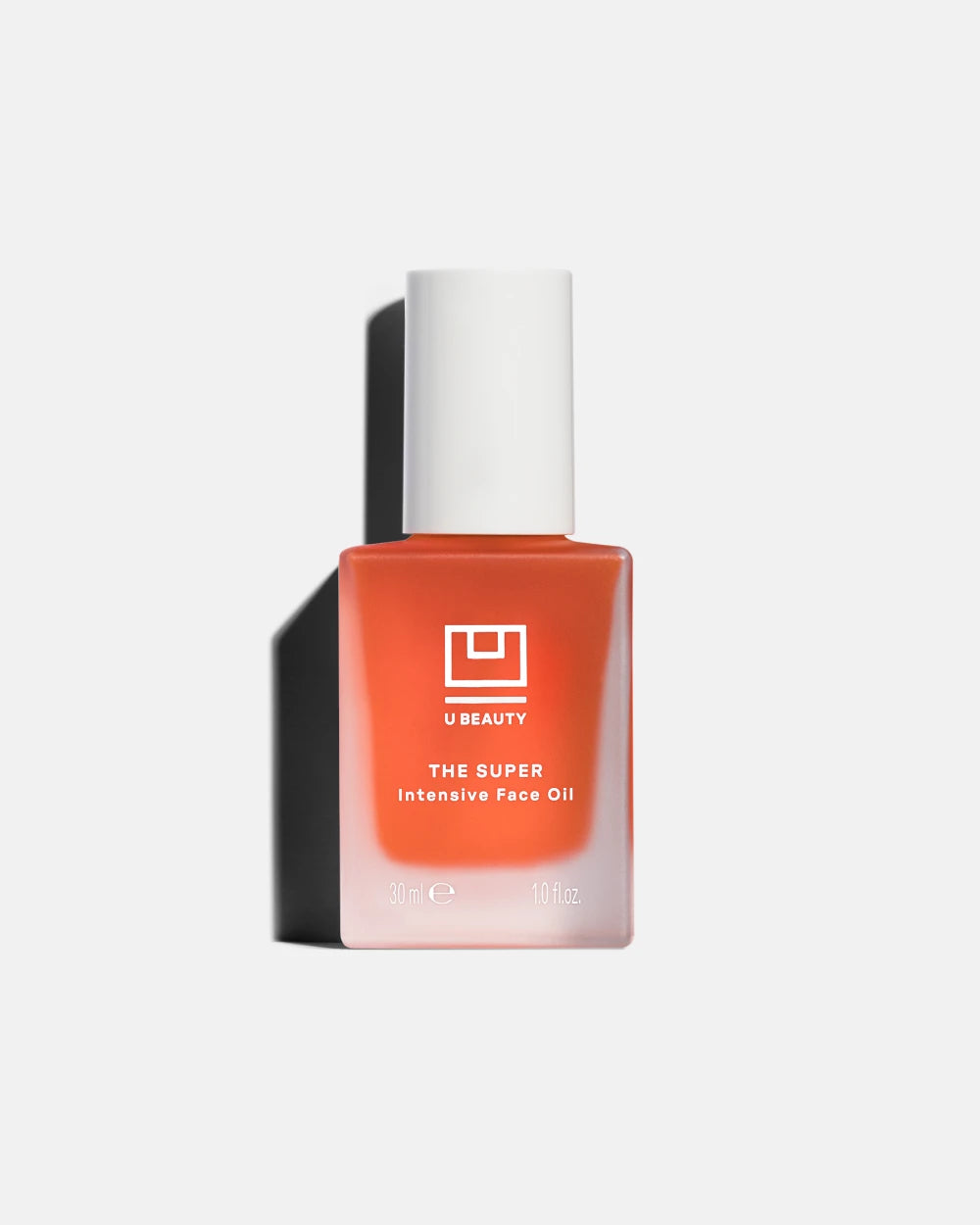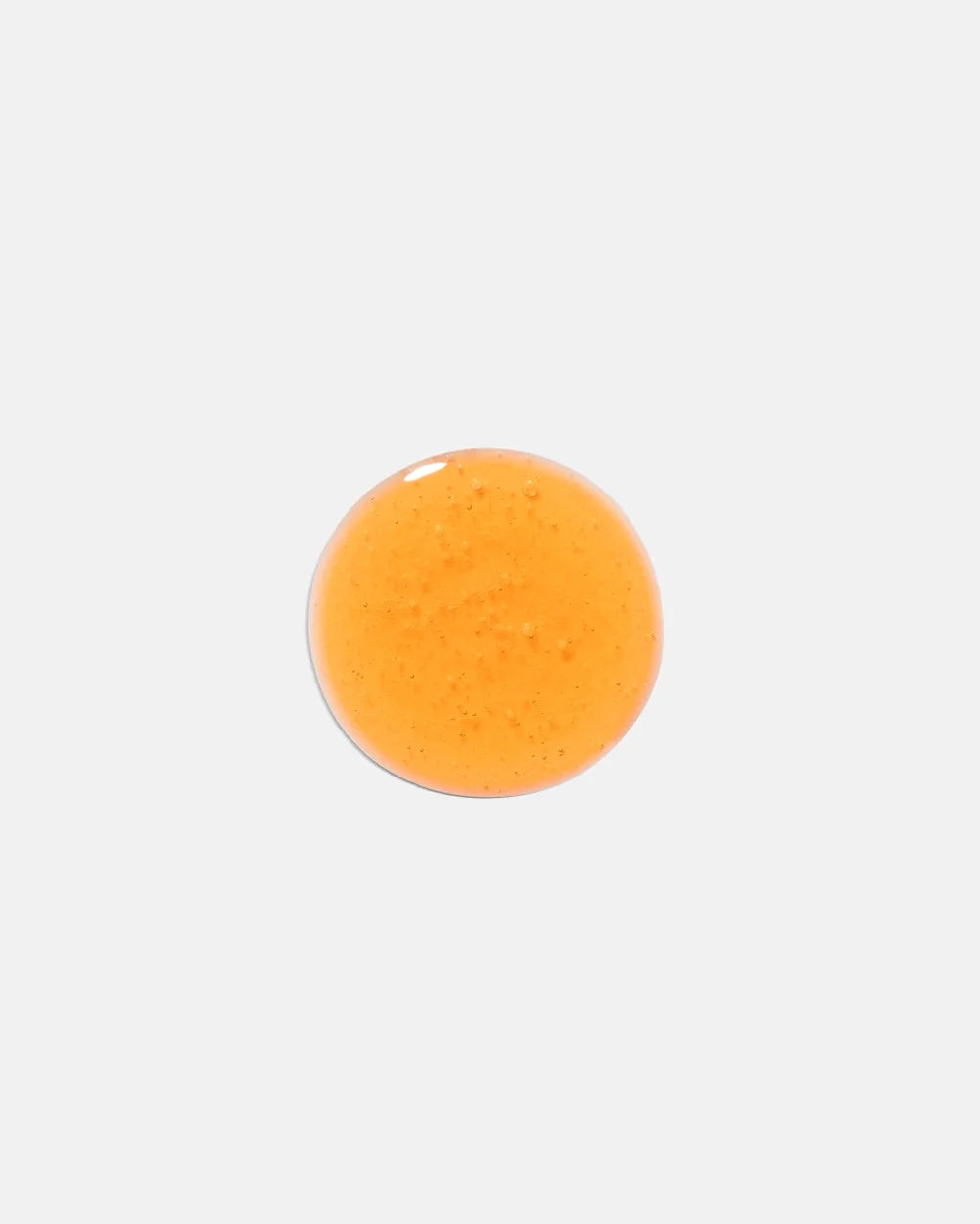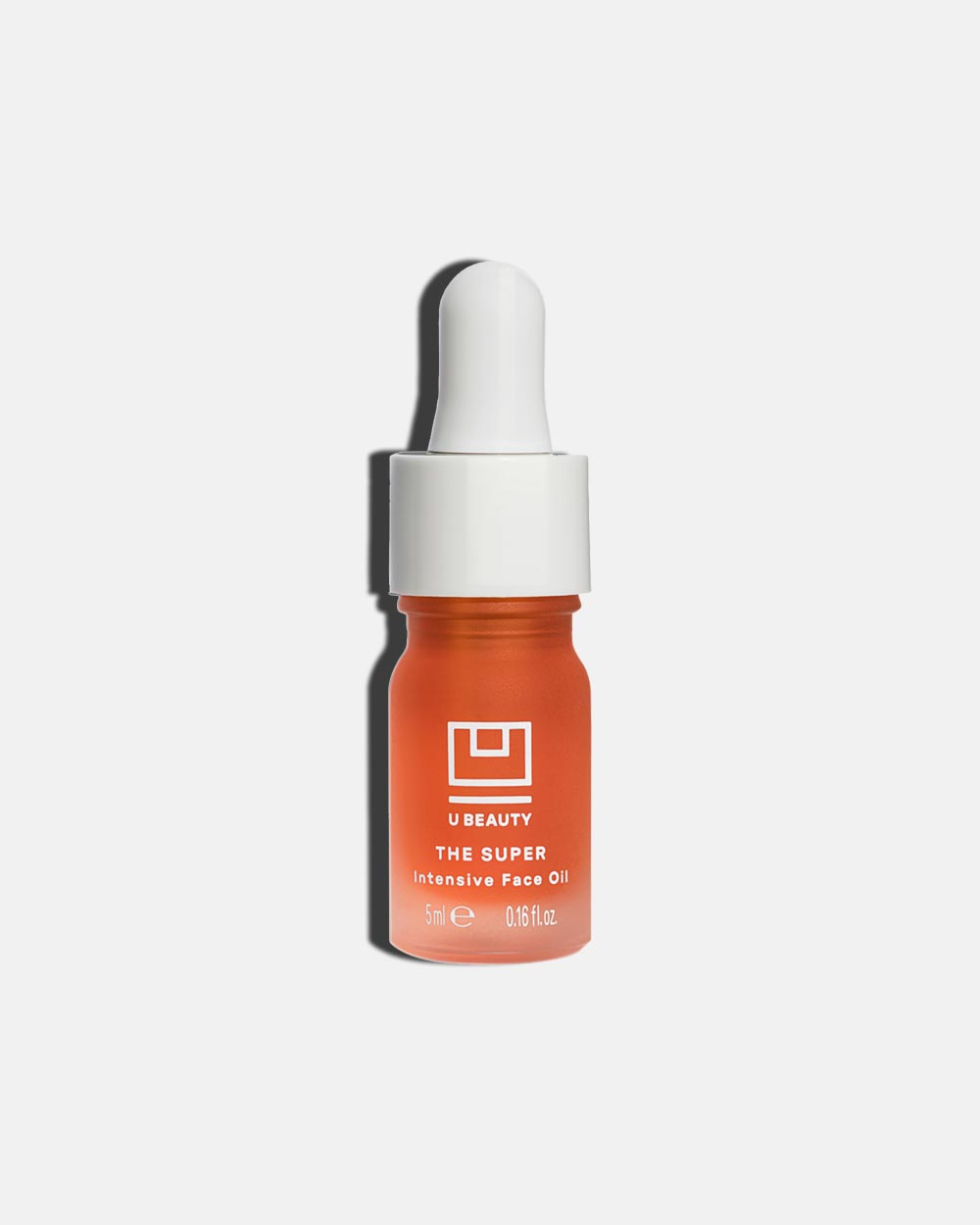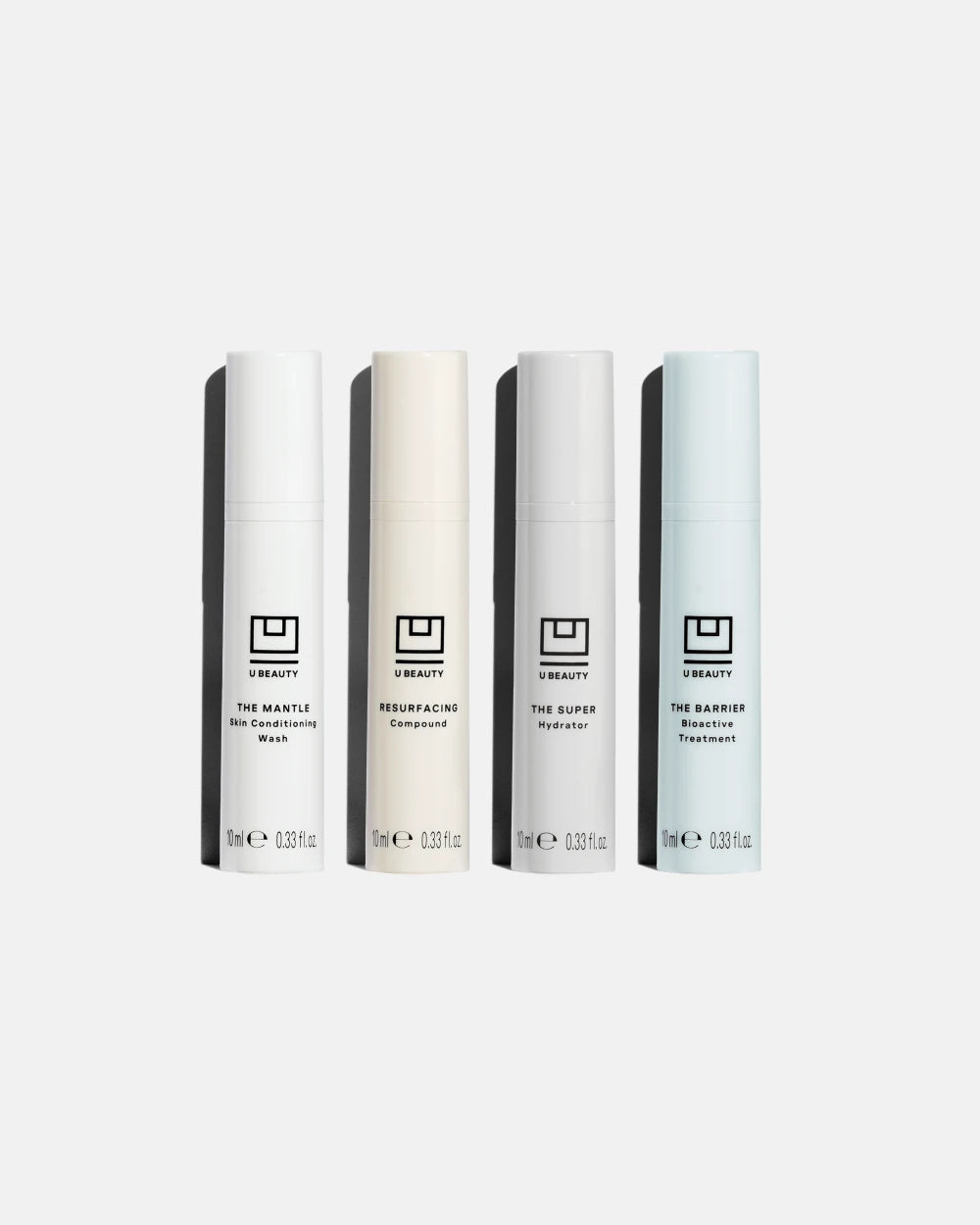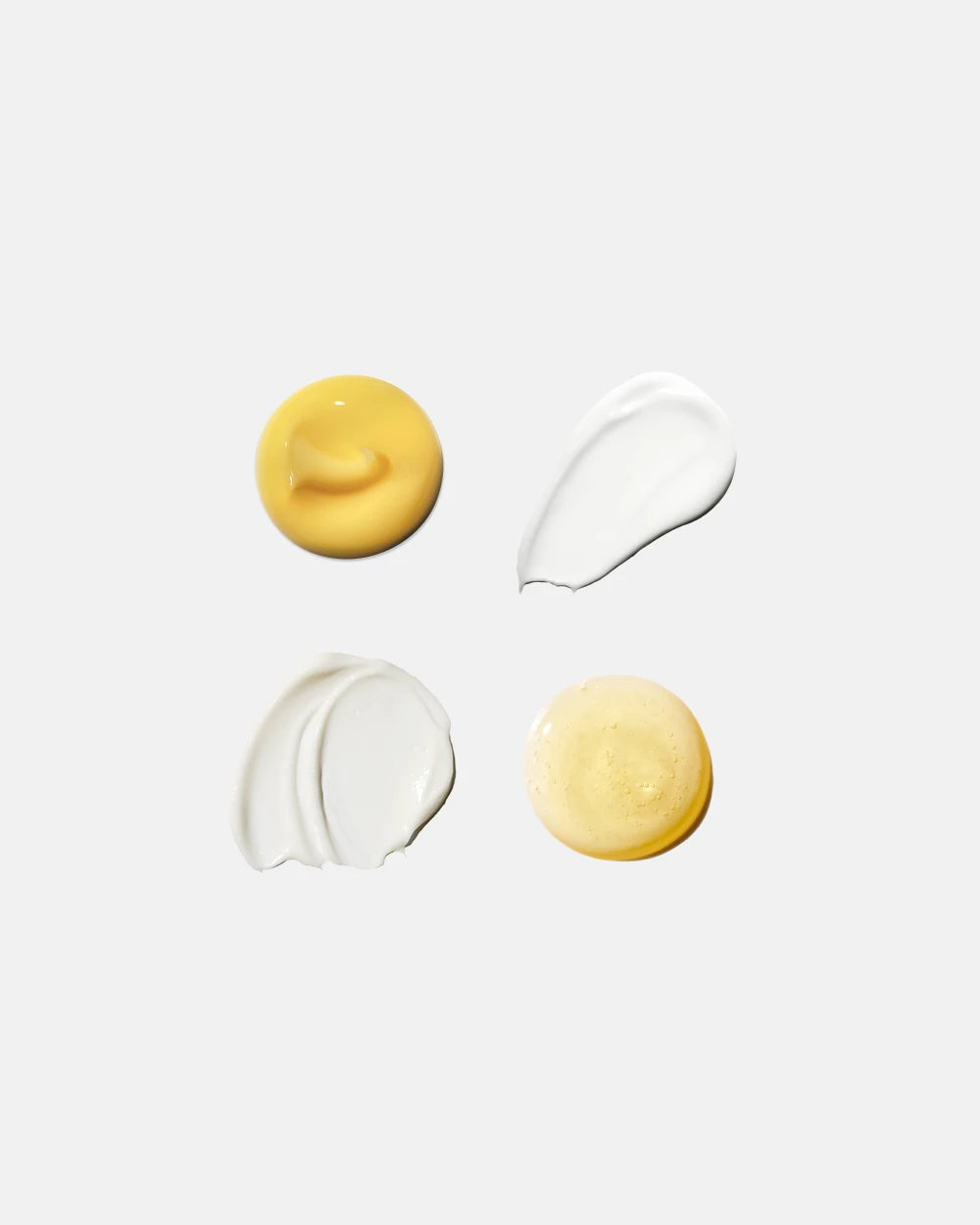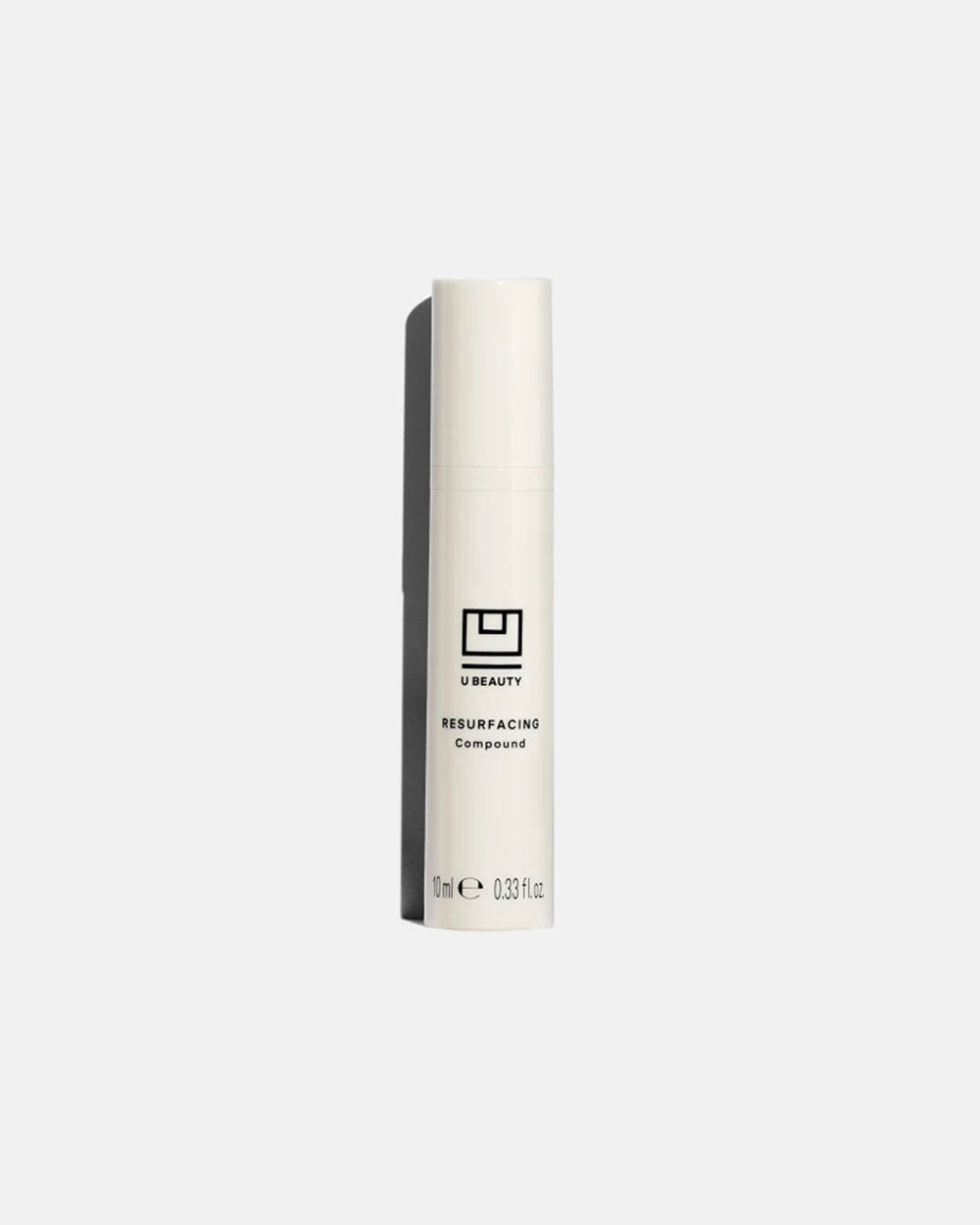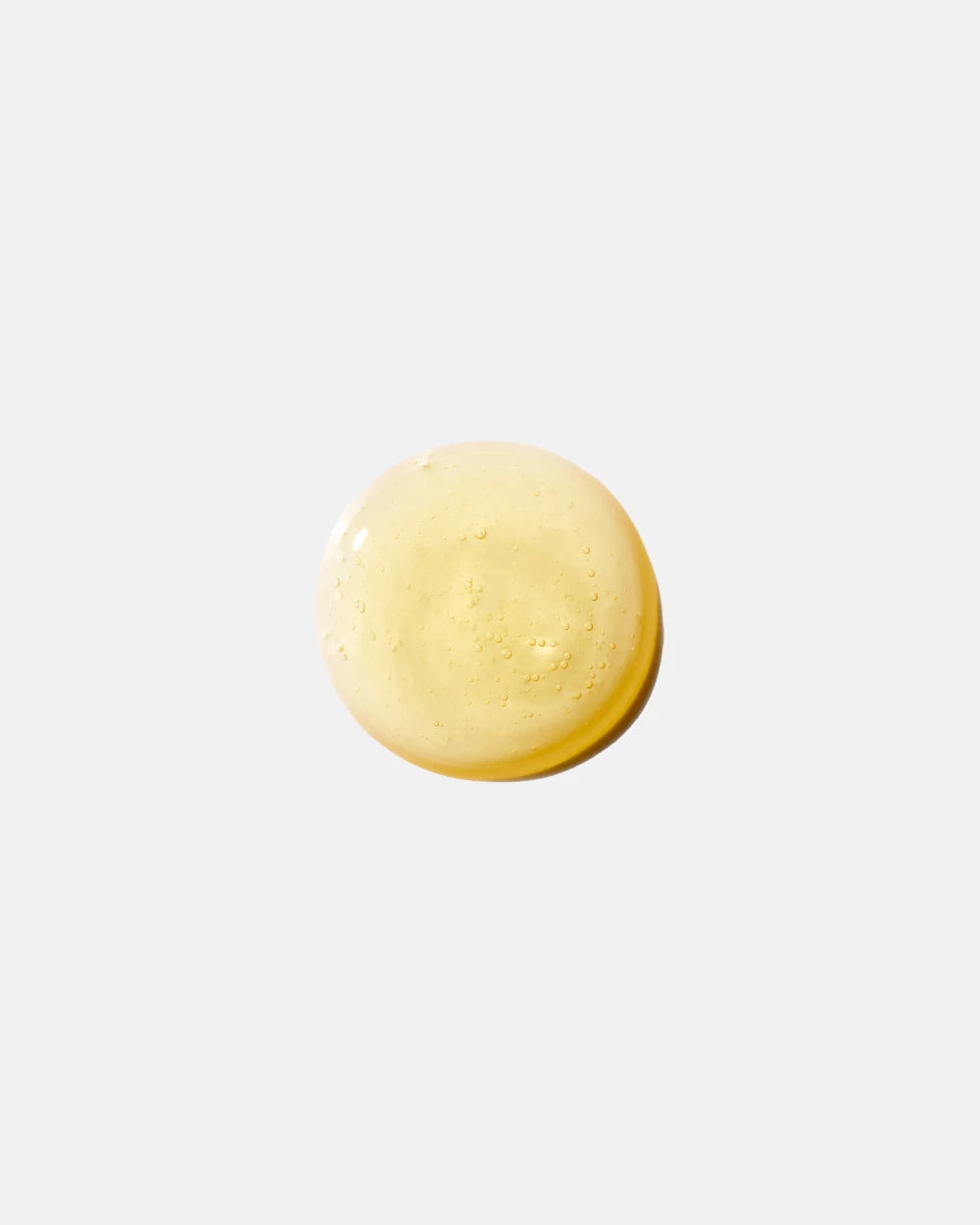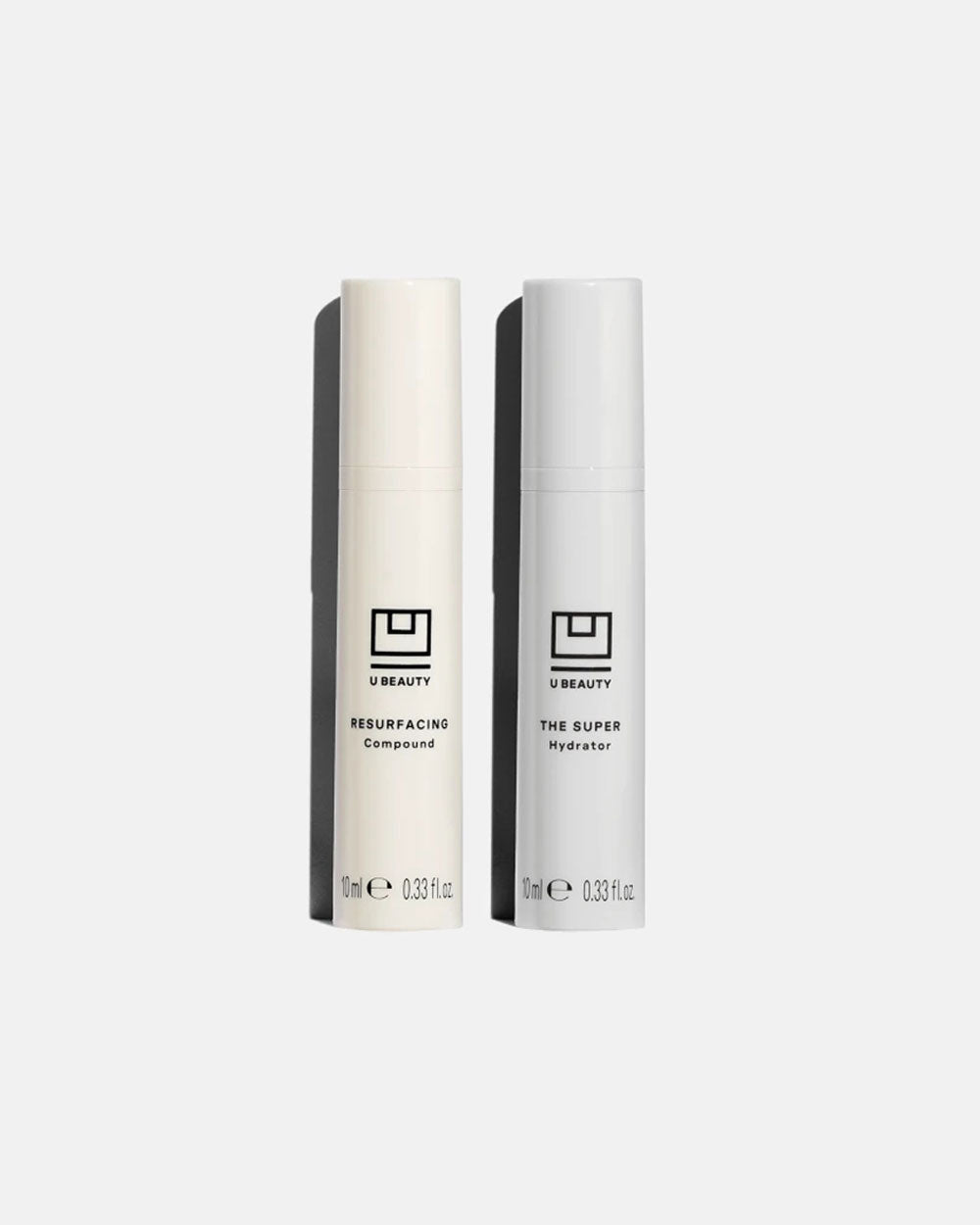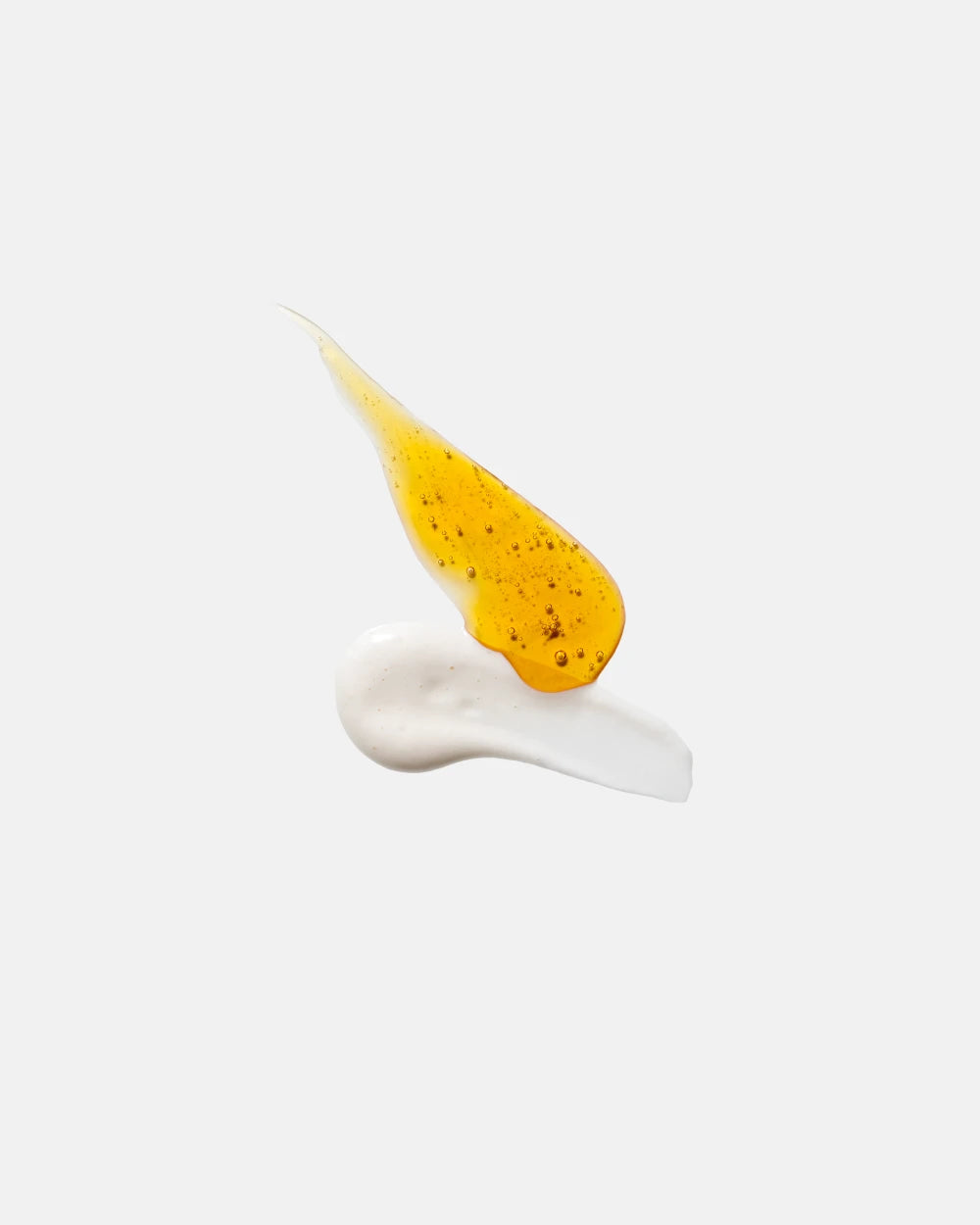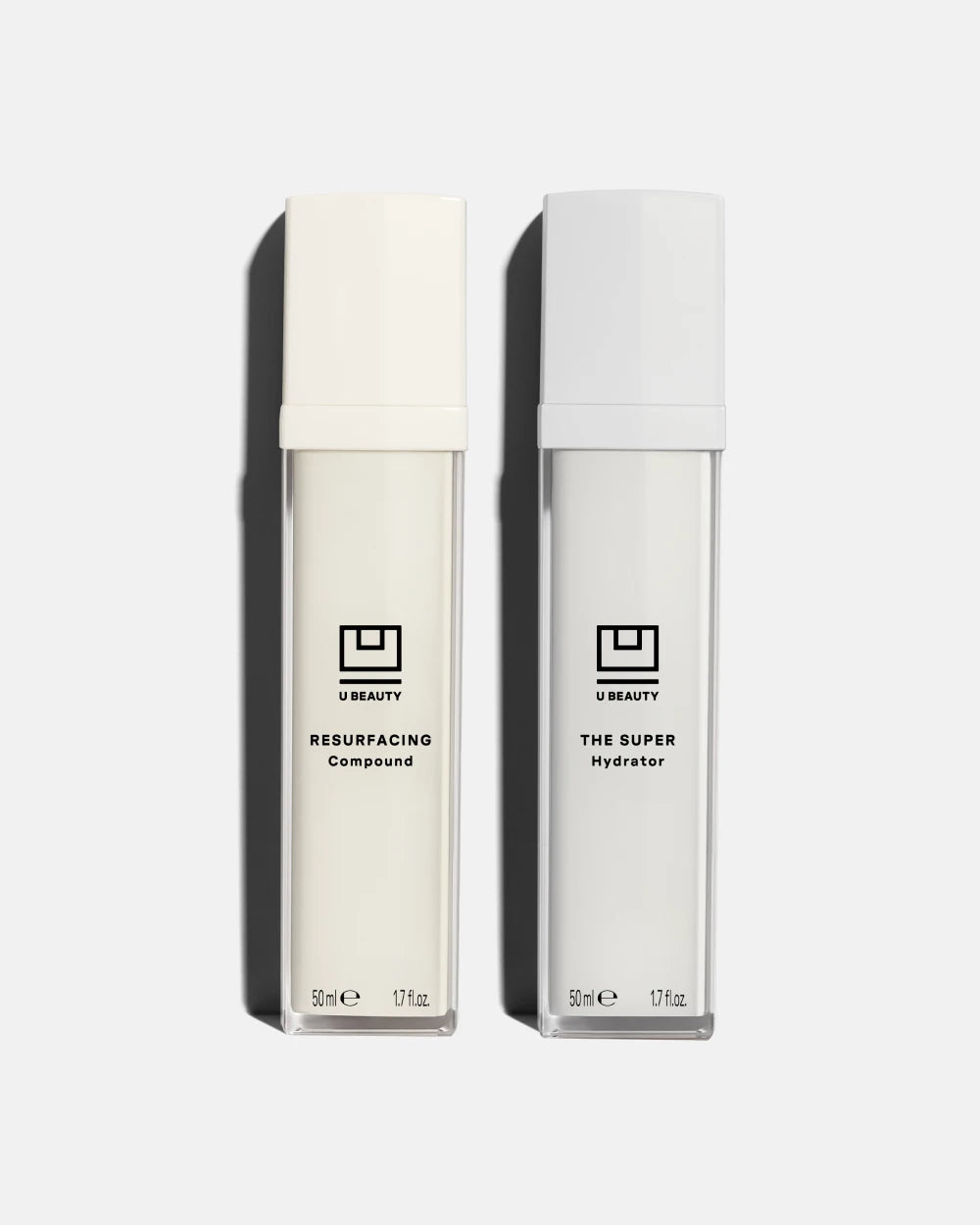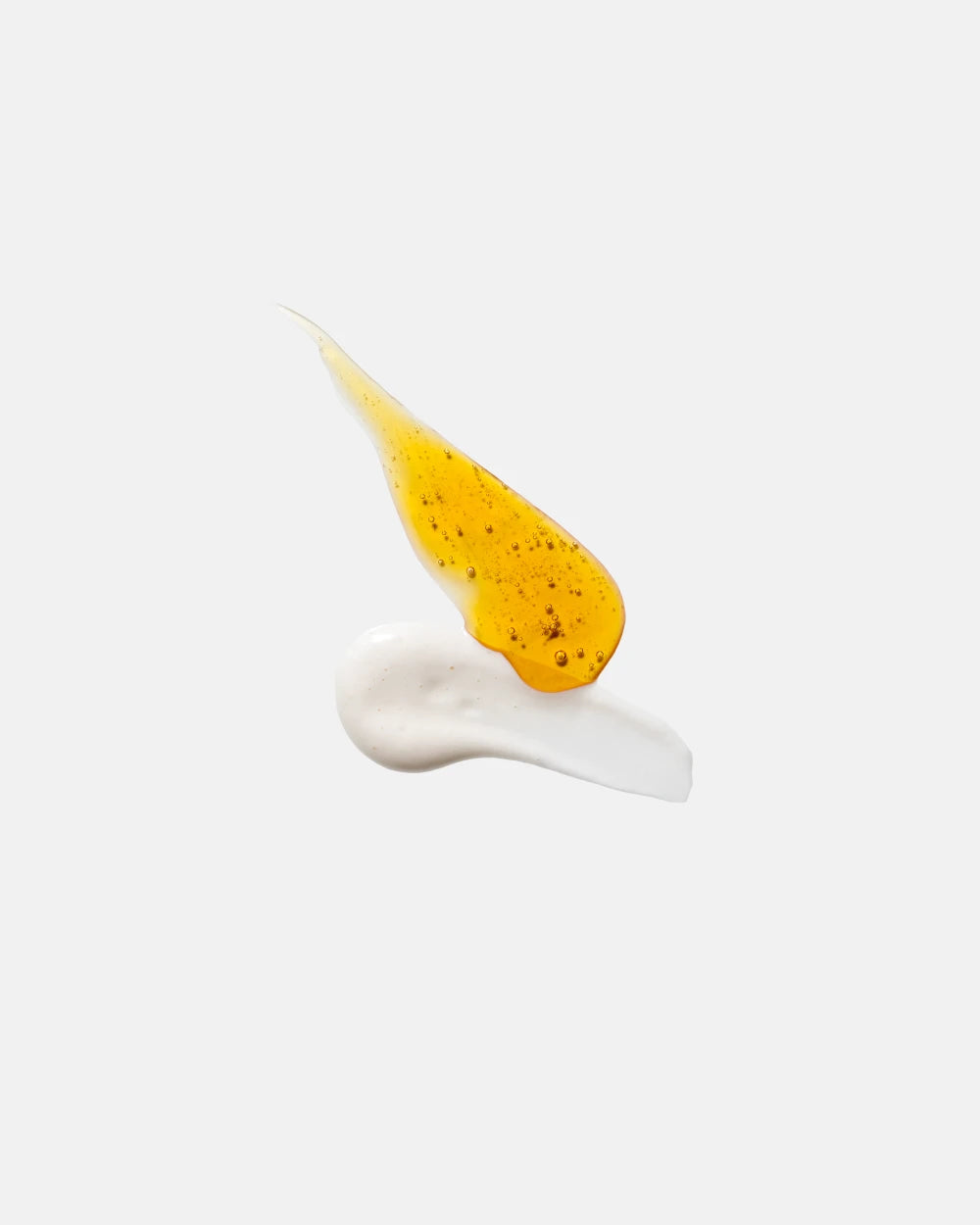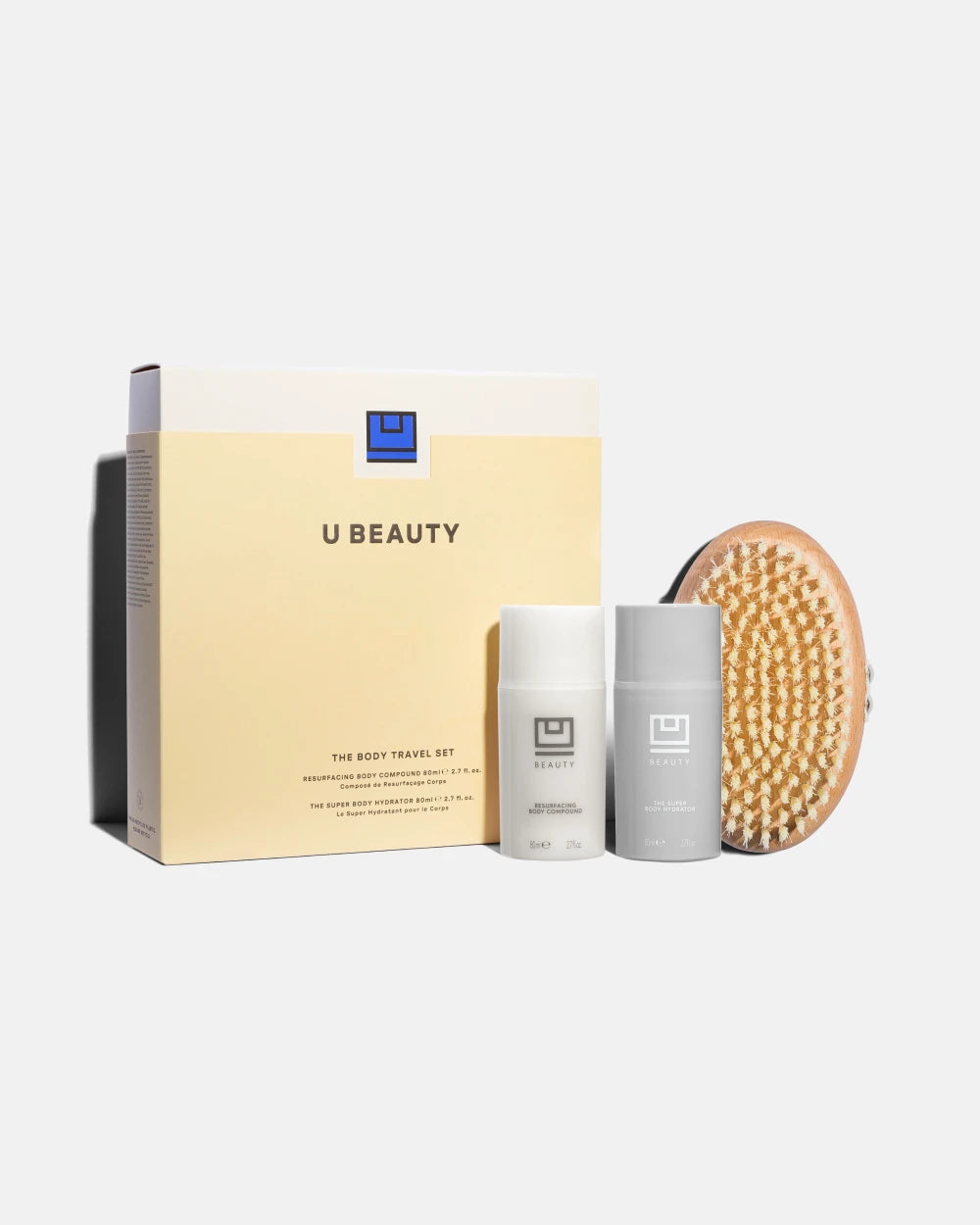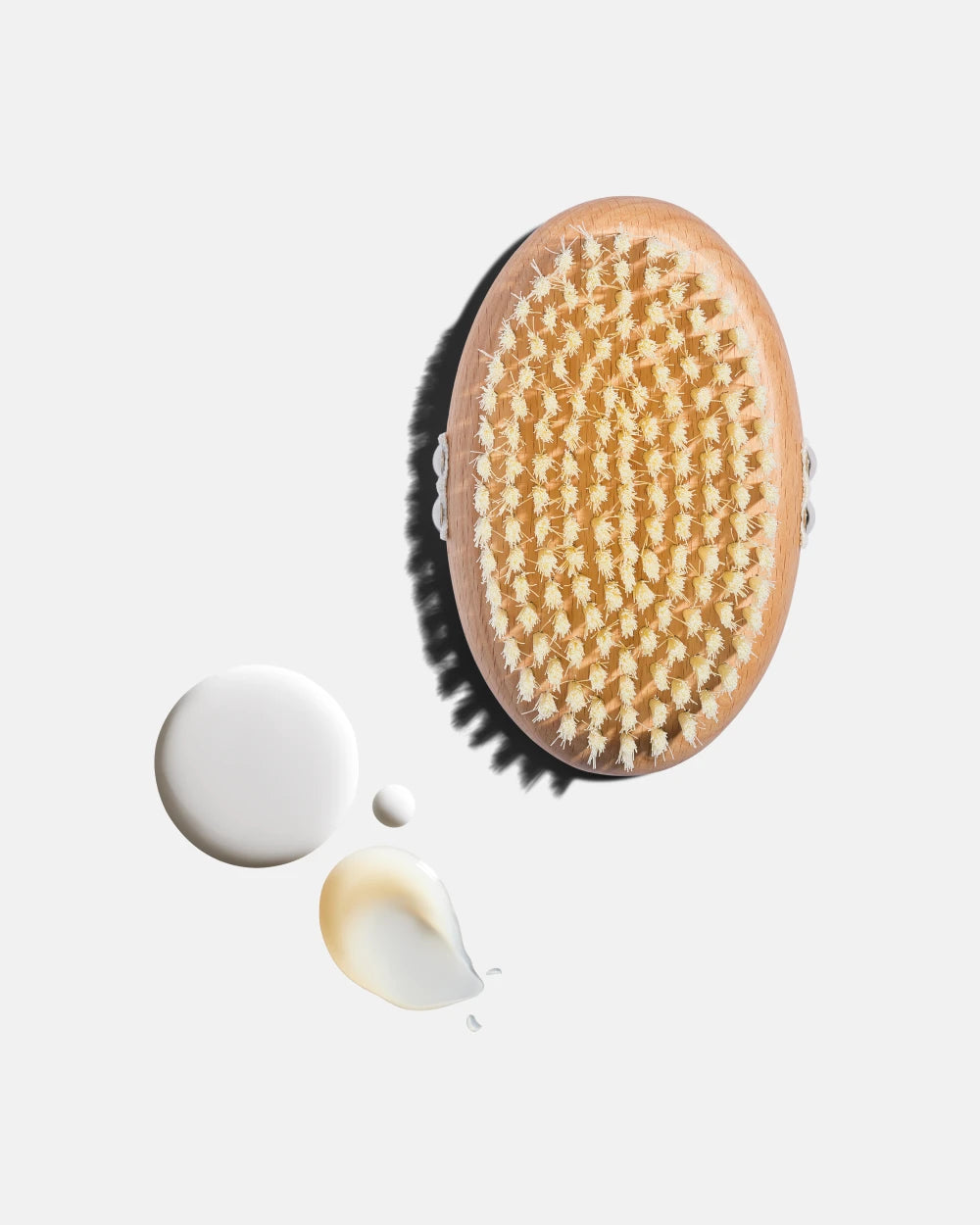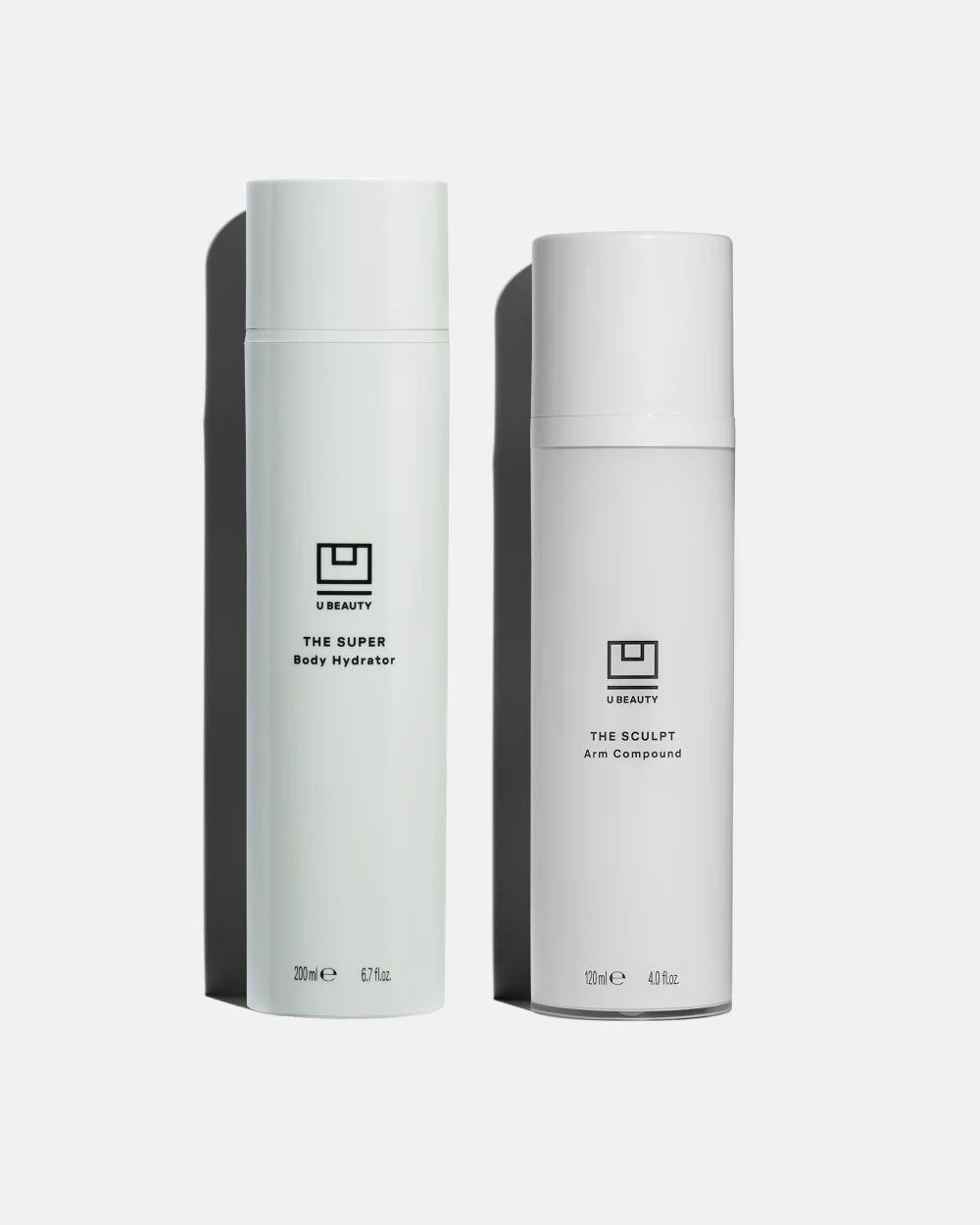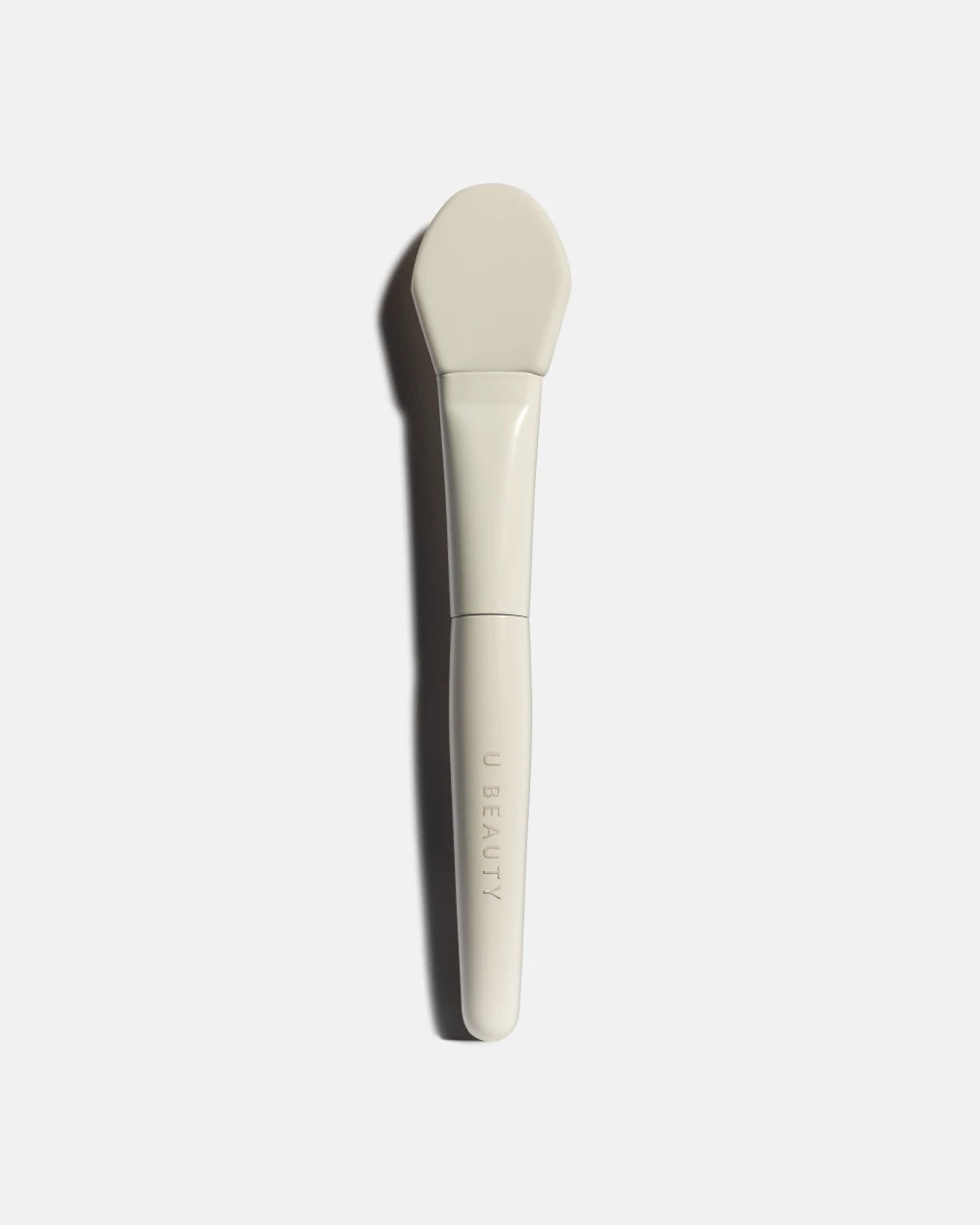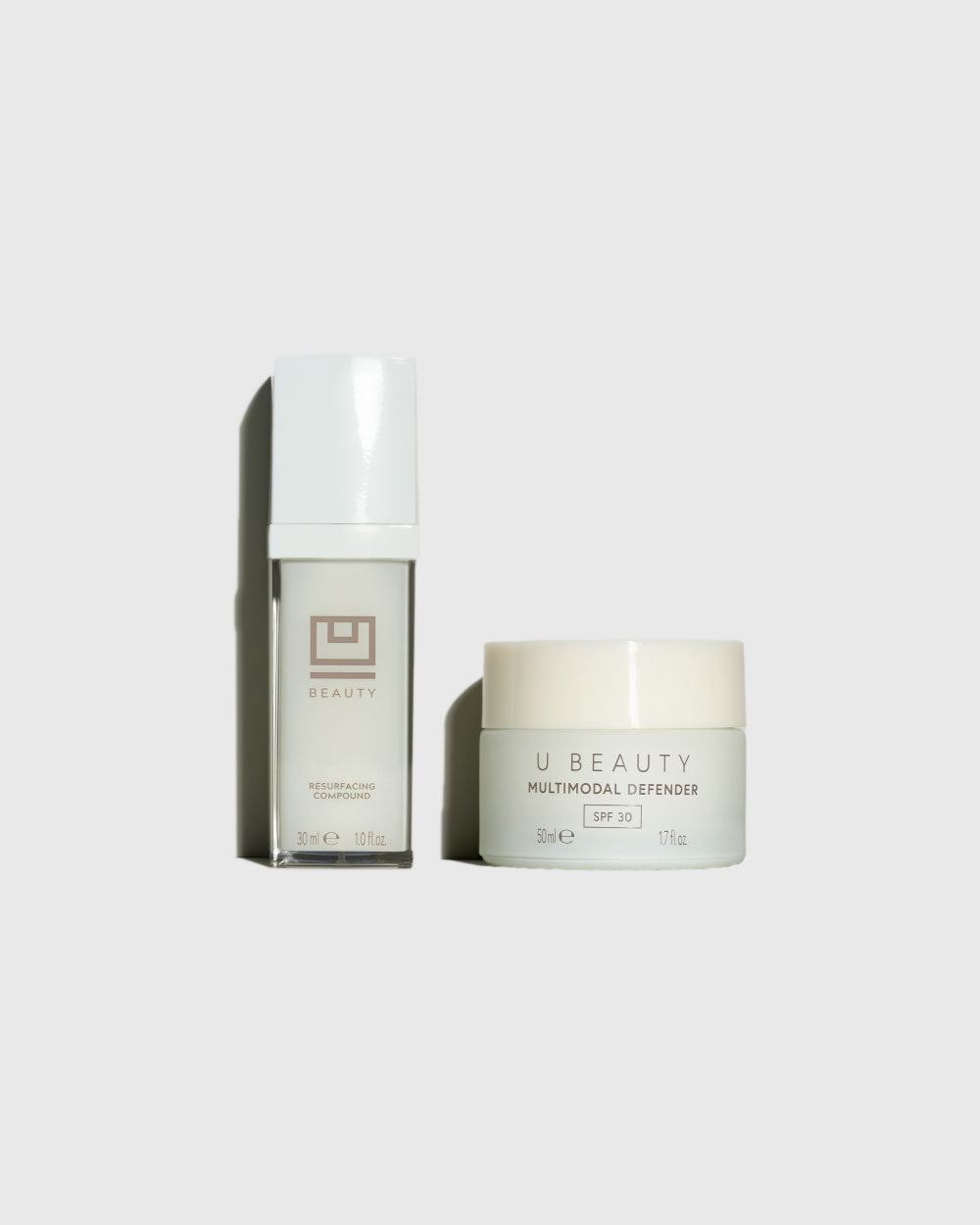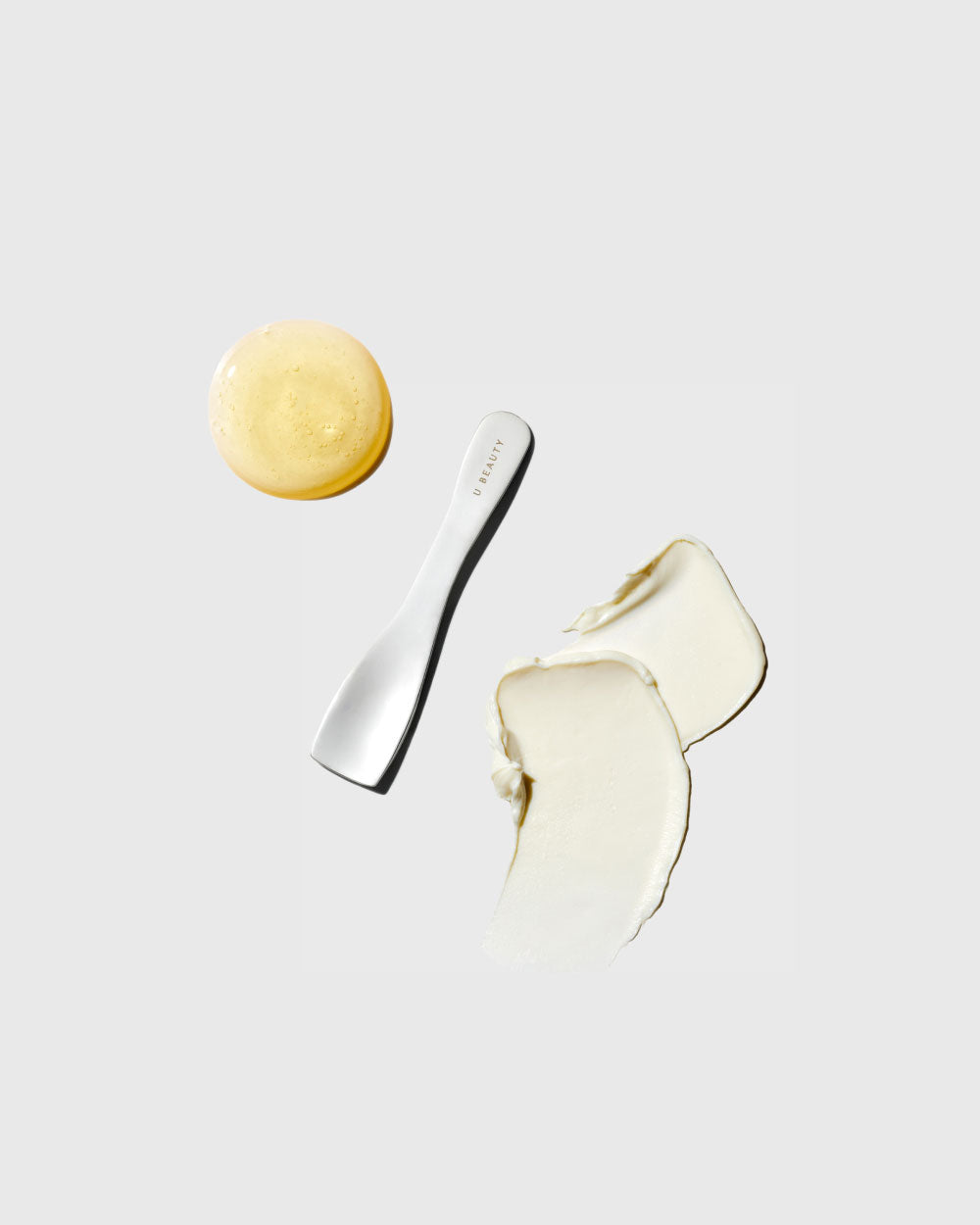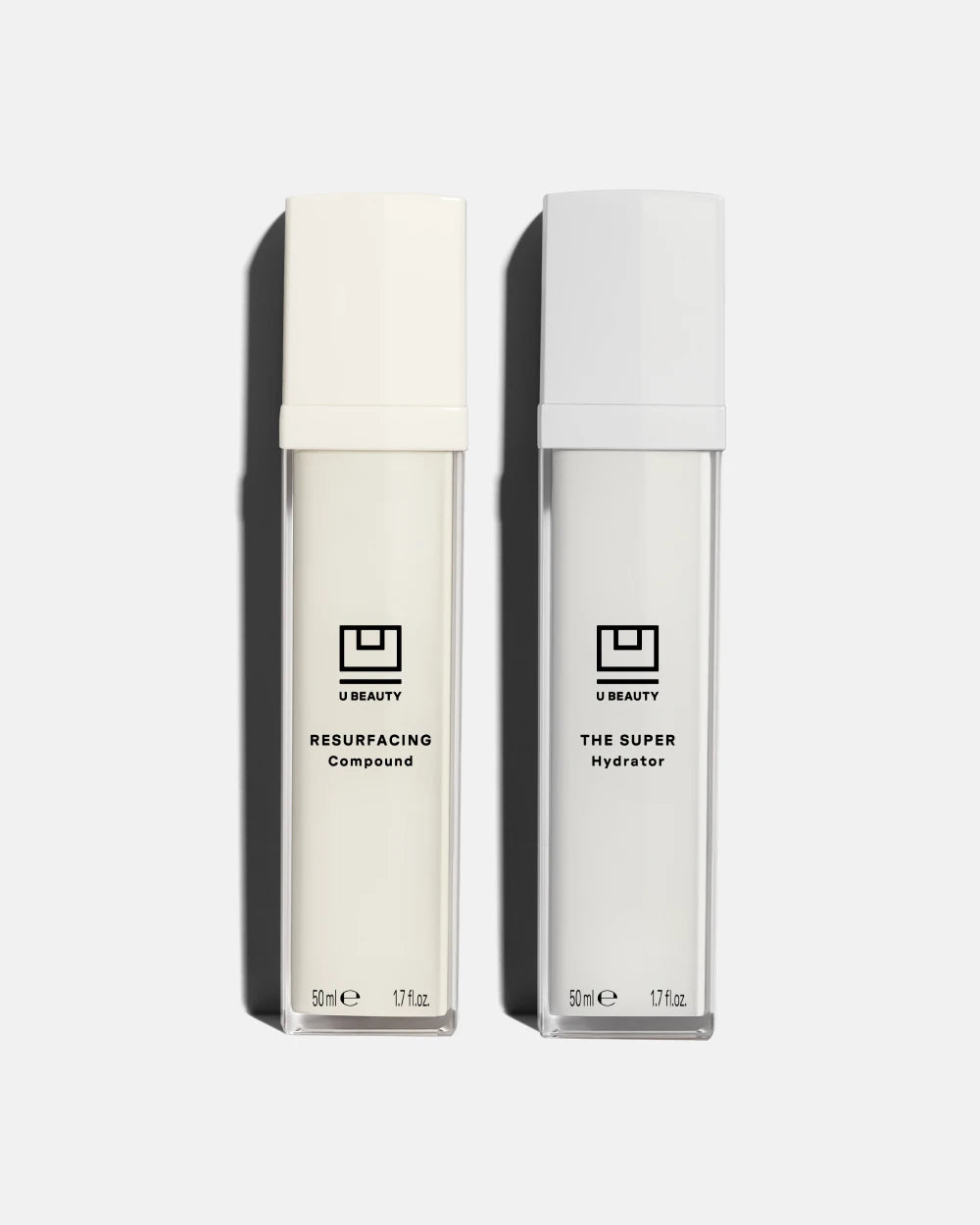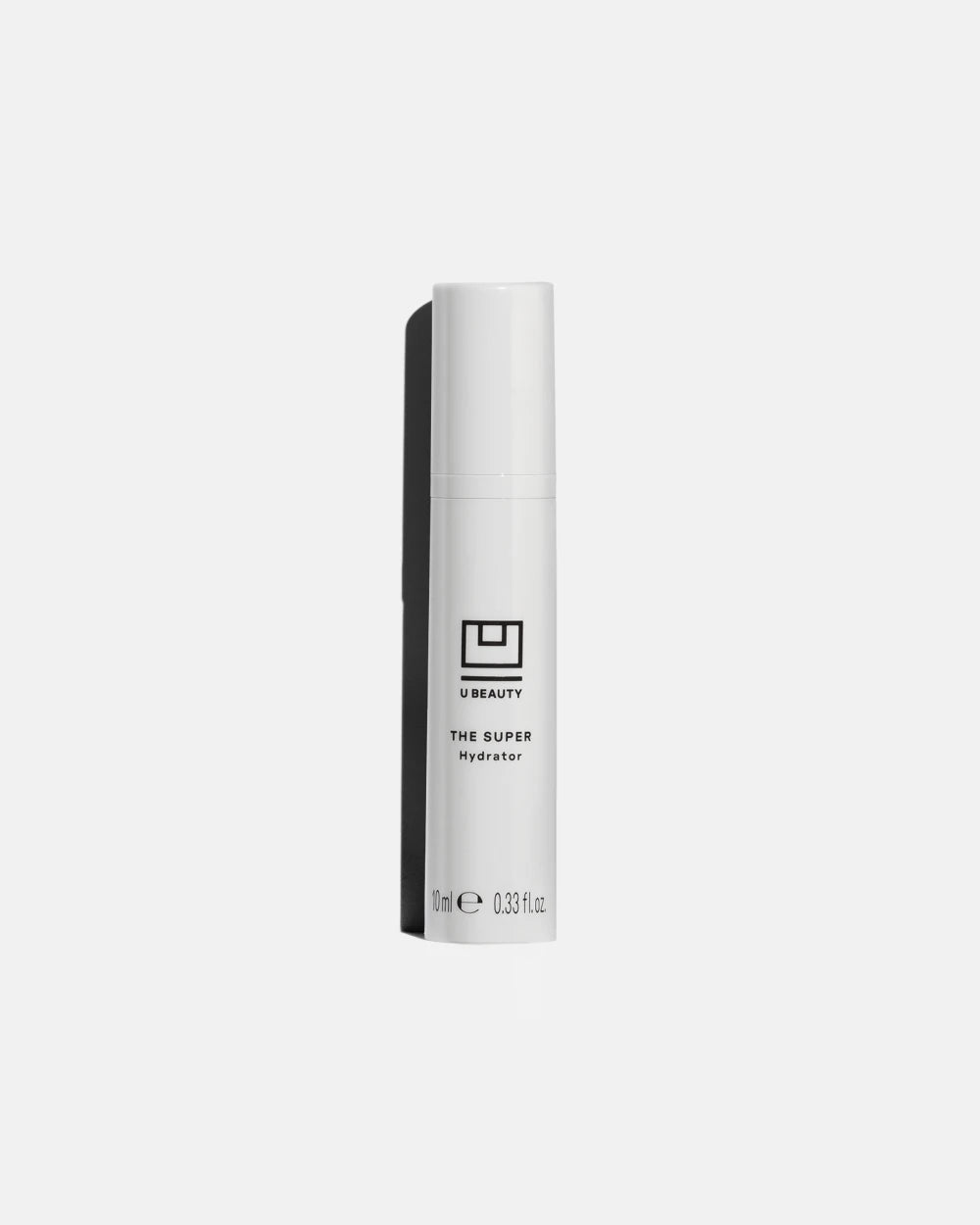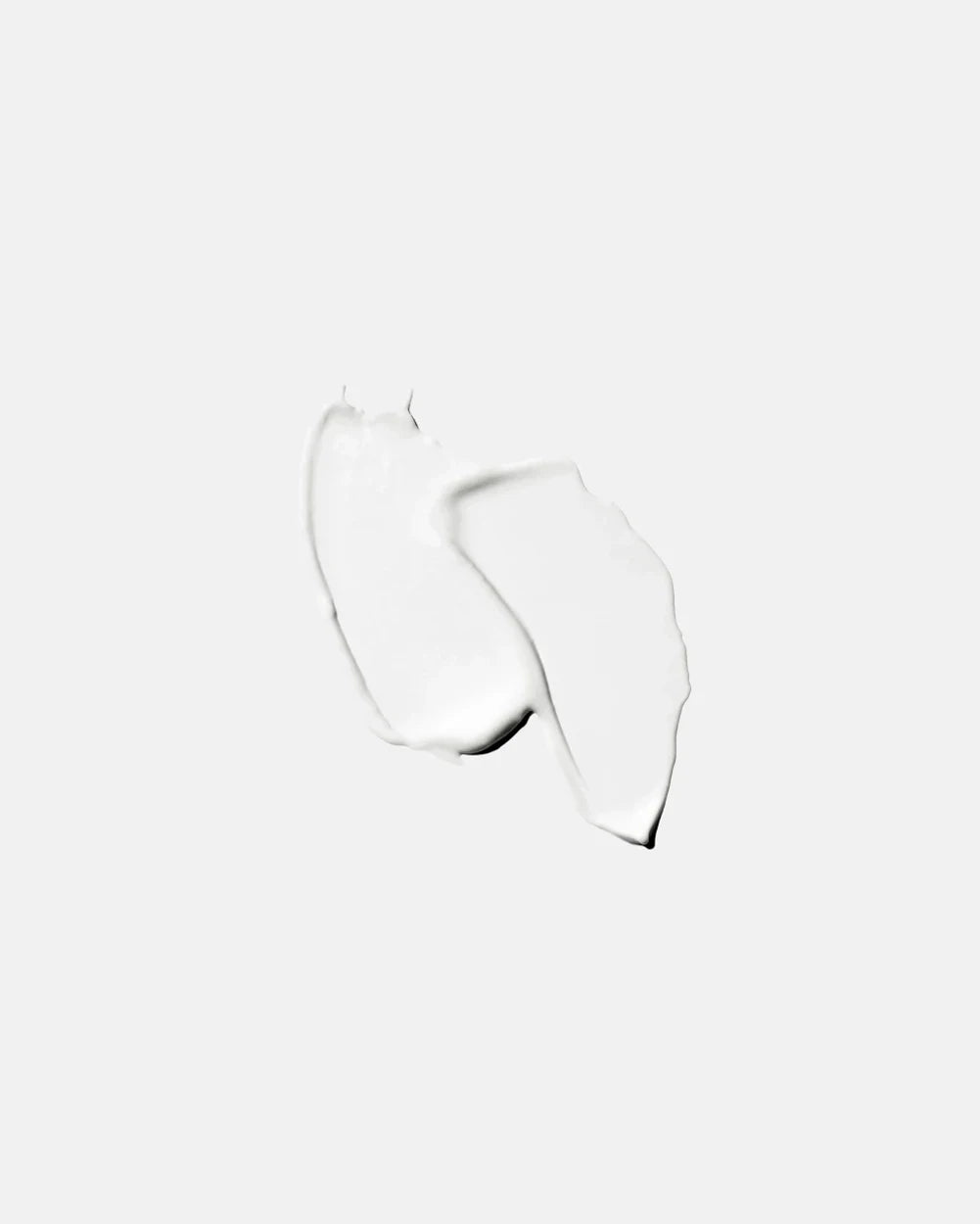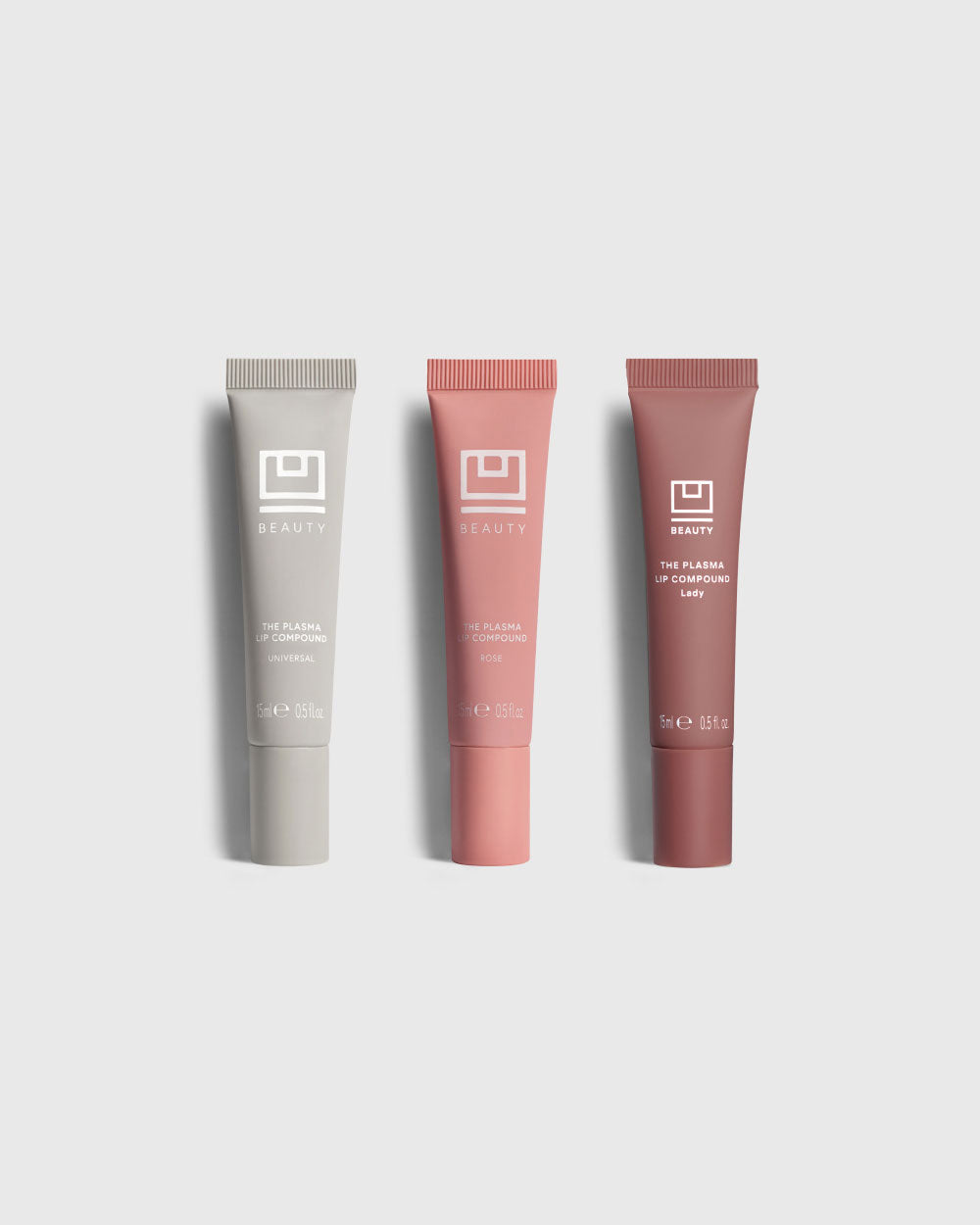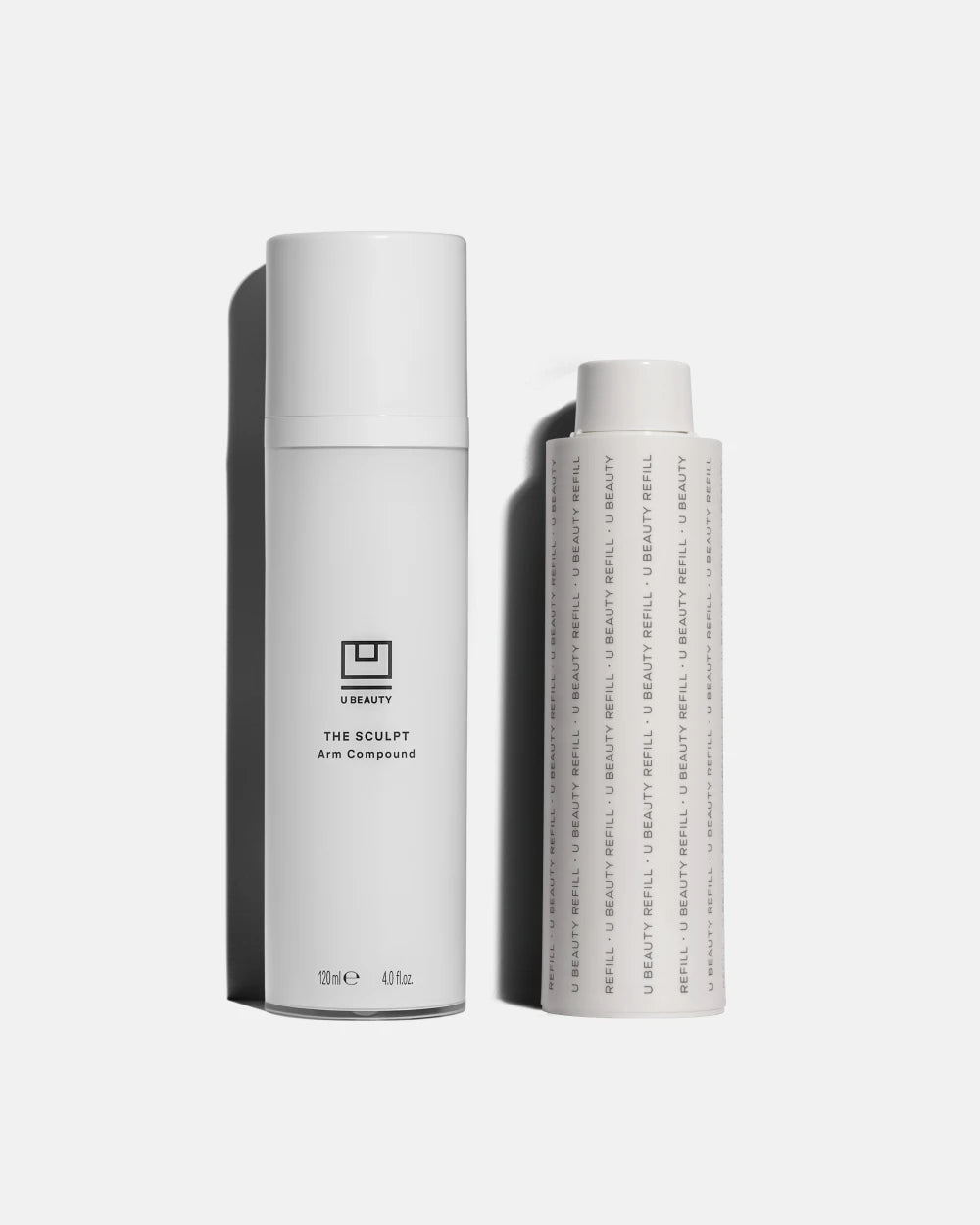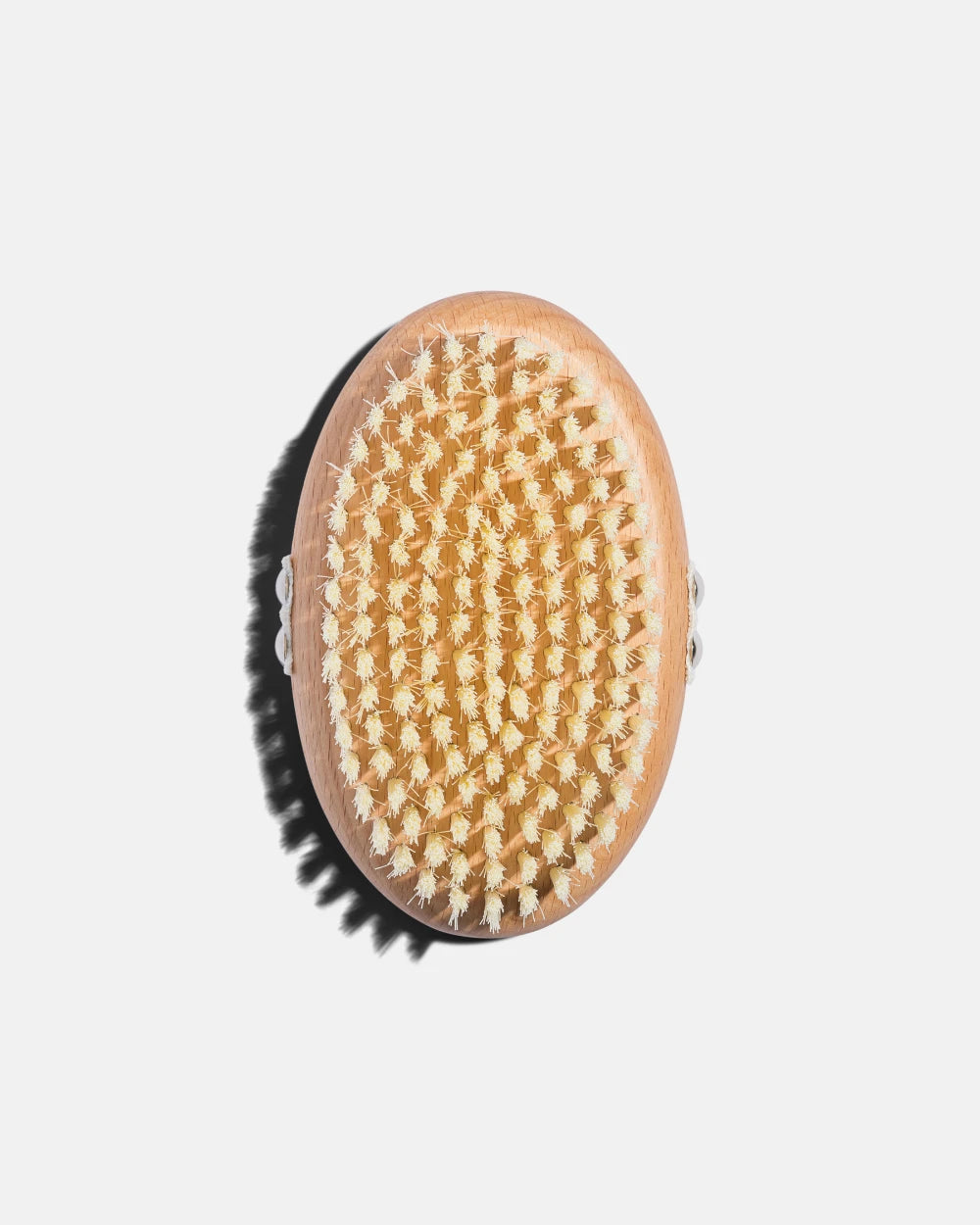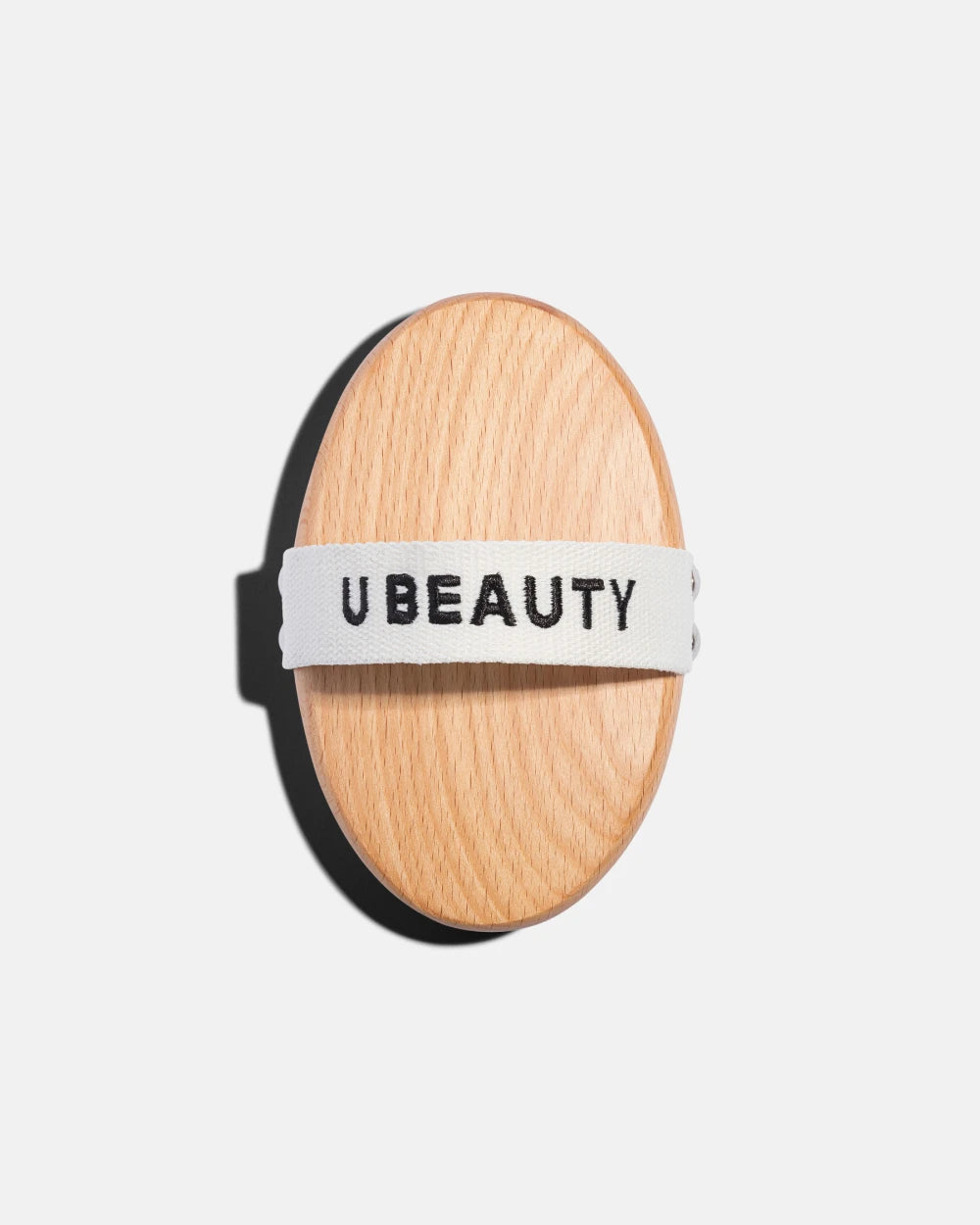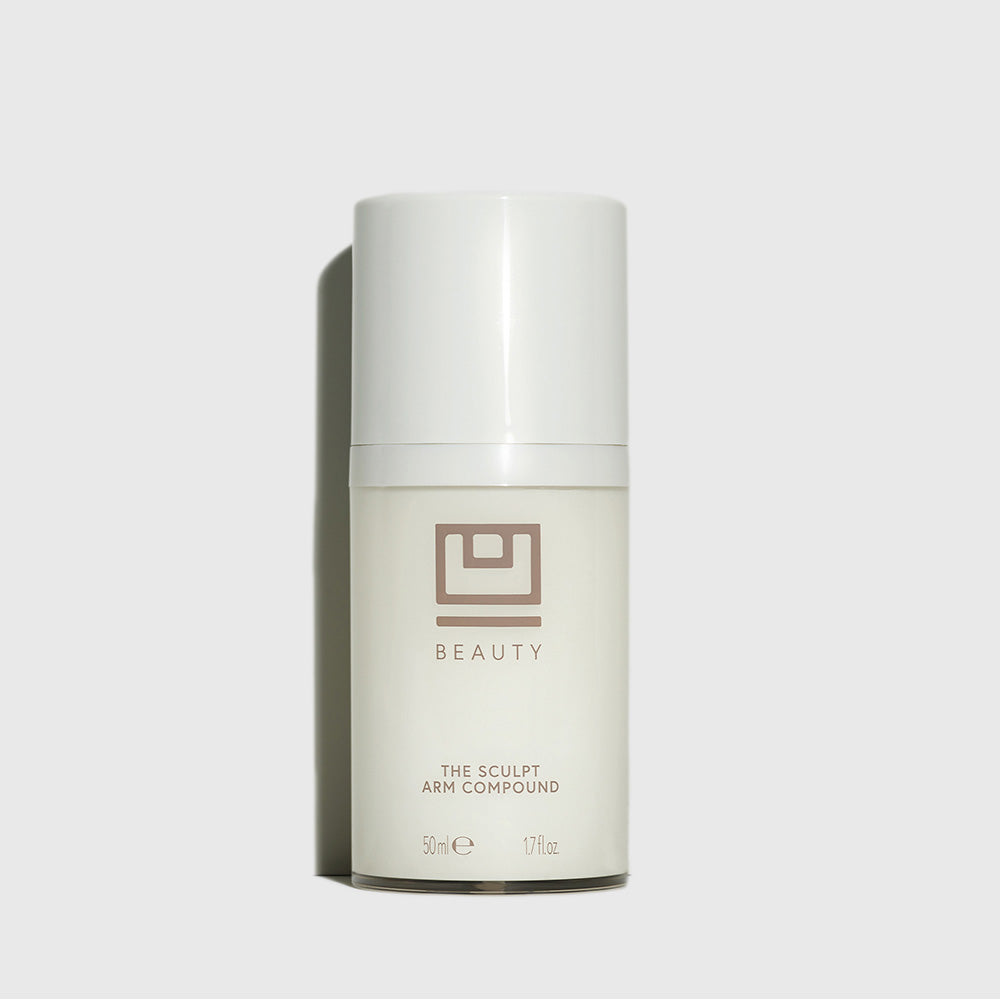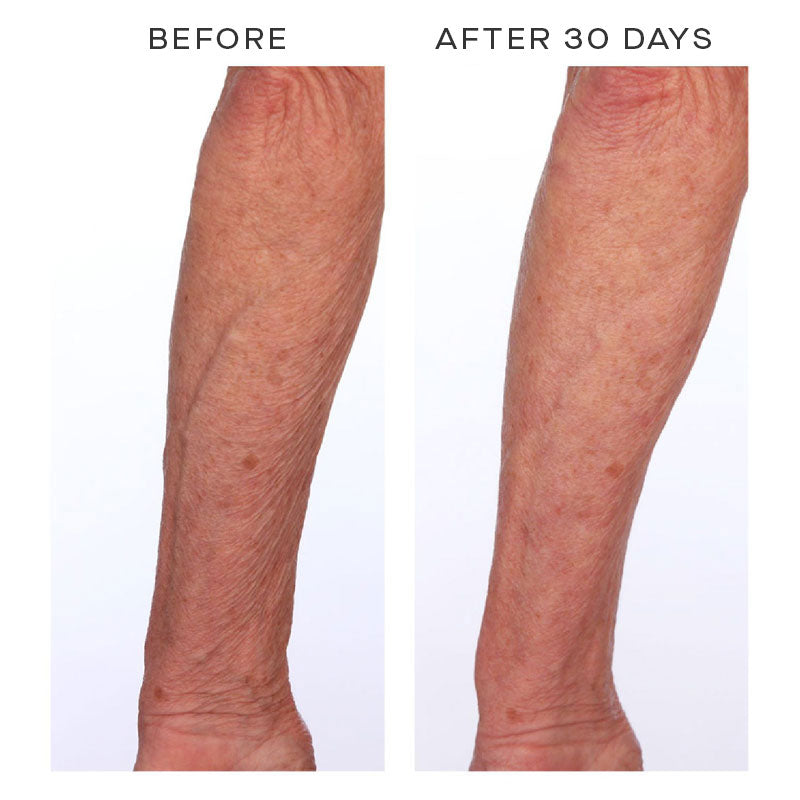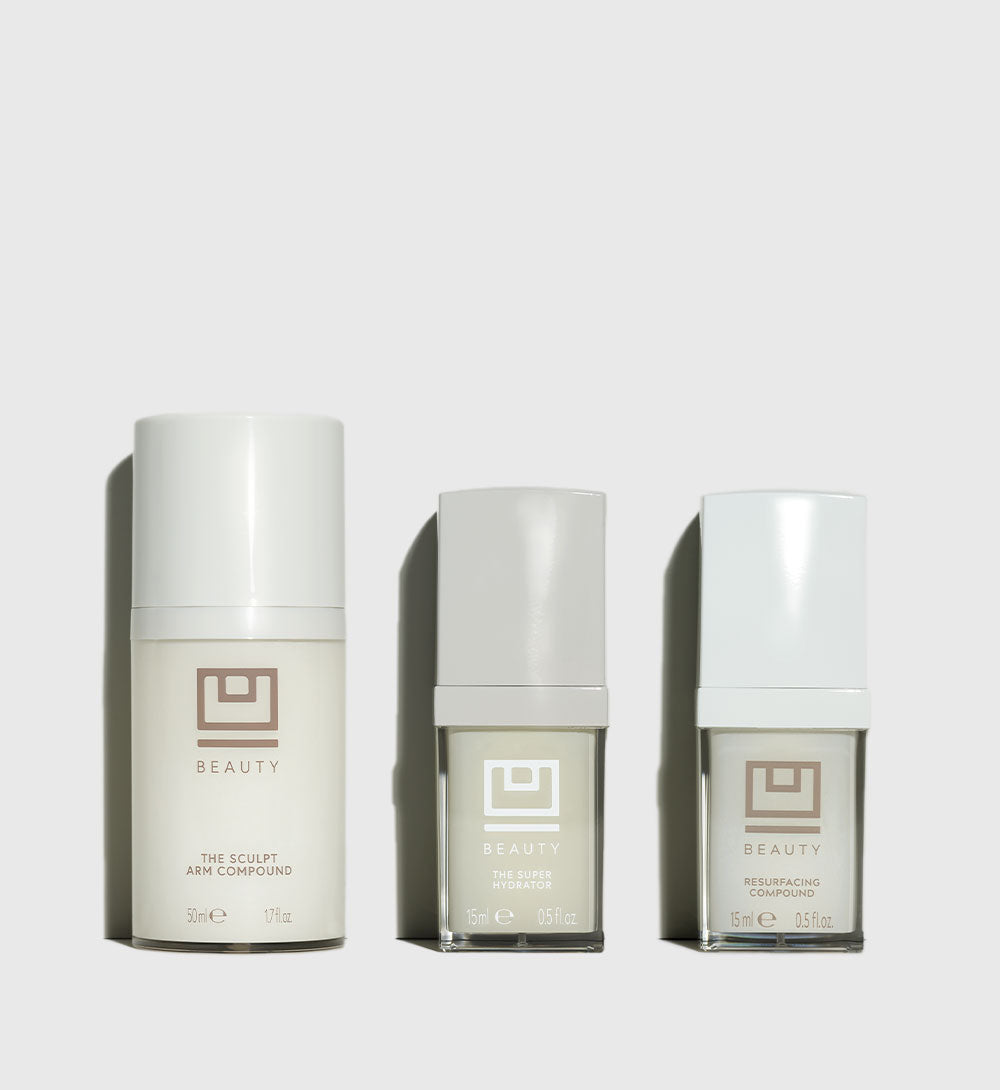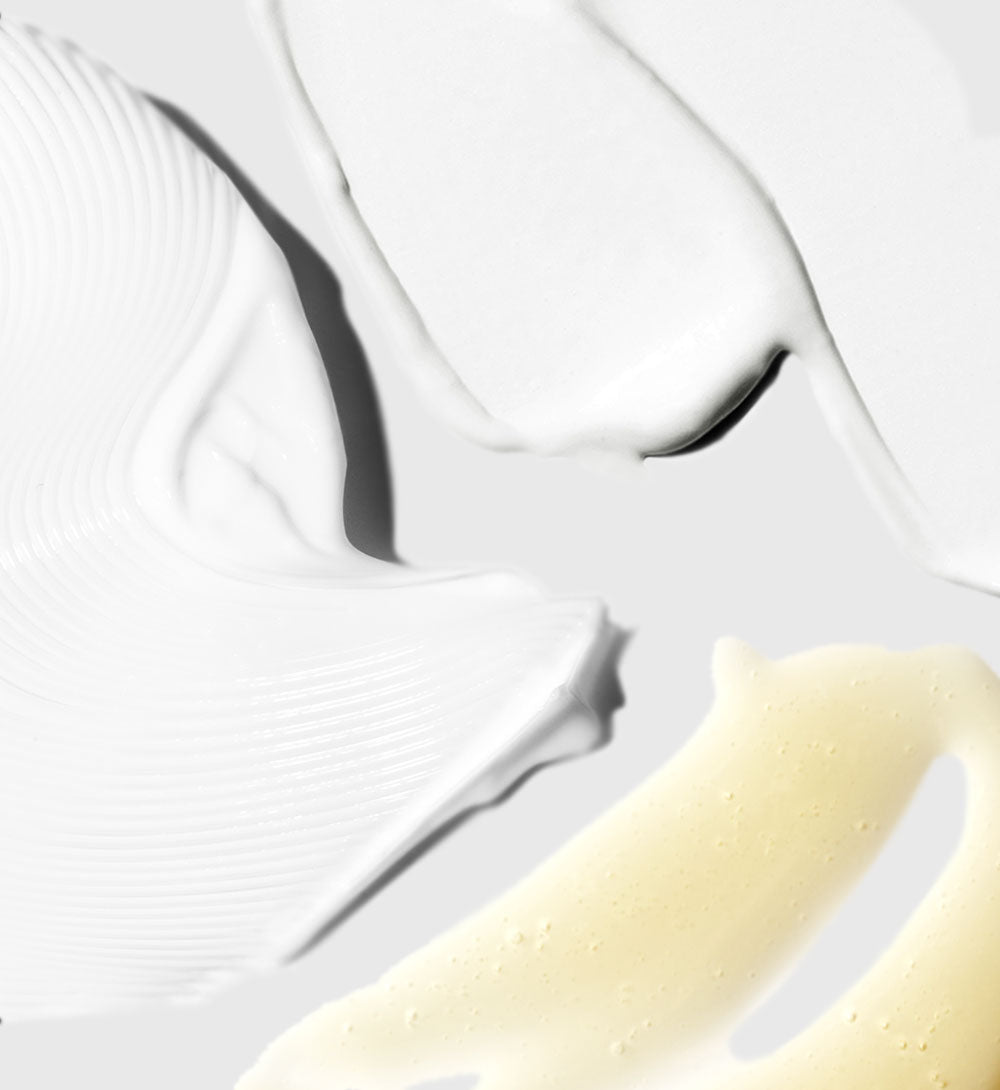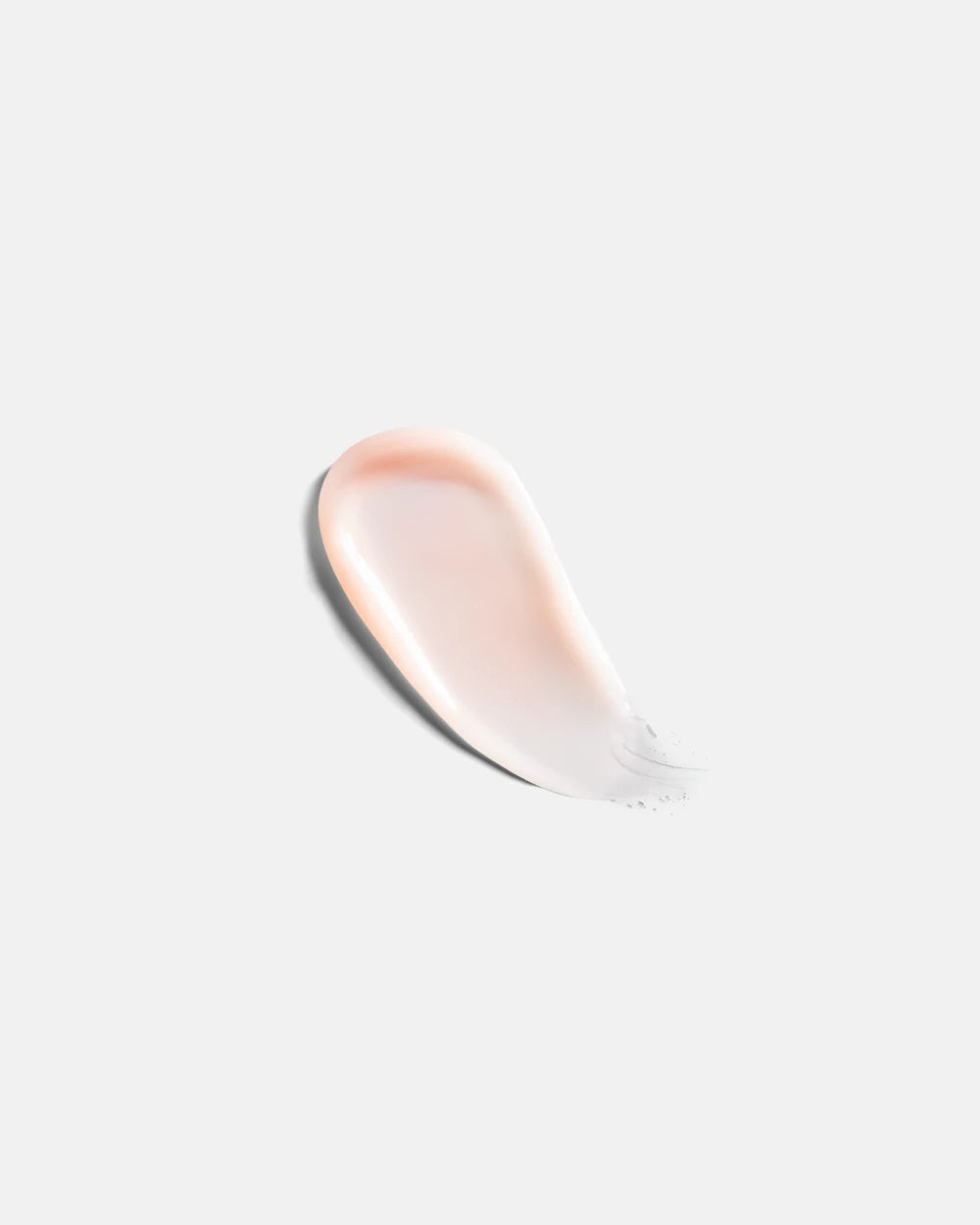What’s the Difference?

Retinol vs. Retinoids: What’s the Difference?
As you go about your day, you may not think about how everything from the air outside to the heating system in your apartment can affect your skin. From the sun's UV rays to less obvious factors like urban pollution, these elements can change your skin’s needs. This may call for an overhaul of your skincare routine, but don’t worry; we’re here to help.
Let's start by understanding how these environmental factors affect our skin before trying to solve the problem.
What Is the Science Behind Skin Oxidation?
Skin oxidation is a phenomenon that doesn't discriminate—everyone is affected. And it's not just ultraviolet radiation and pollution that cause issues for our skin.
Everything from what we eat to where we work out and how well we sleep can affect our skin’s overall health. And this process doesn't just impact the skin's surface; it goes deeper, affecting the layers beneath.
You’ve probably heard that collagen and elastin are fundamental for our skin's firmness and elasticity, but these proteins become prime targets in the fight against environmental stressors. Unchecked, free radicals from our environment can lead to something called oxidative stress.
Oxidative stress occurs when an imbalance between free radicals and antioxidants occurs within the skin—specifically, when there are more free radicals present than can be kept in equilibrium by antioxidants. Over time, this plays a major role in the aging process, manifesting as fine lines, wrinkles, and a loss of firmness.
What Are Free Radicals?
Free radicals are major players in the process of oxidative stress and are deeply intertwined with the aging process.
These reactive oxygen species (ROS) are constantly looking for stability, which they find in our healthy skin cells—hence, oxidative damage. This damage is not limited to the skin's surface, either. It penetrates deeper, impacting the very structure of our cells.
So, where do these free radicals come from? Well, some of them are naturally made in your body. It's only when you get hit with too many of them and don't have the right nutrients to balance things out that you run into trouble.
But it's not just your body—external factors also play a huge role in creating free radicals. Sunlight, especially UV radiation, is a big player here. It kicks off a chain reaction in your skin that leads to the production of free radicals.
Then we've got pollution added to the mix. Cities are full of harmful particles and gasses that exacerbate the production of free radicals. Lifestyle choices like smoking and what you eat can also intensify your body’s formation of free radicals, throwing more oxidative challenges your way.
What Are Antioxidants?
Now, onto the more positive info. Now that you understand the risk of skin oxidation and what causes it—free radicals—it’s time to look at the other half of the equation: antioxidants. Antioxidants are your allies in the fight against oxidative stress.
These compounds are adept at intercepting free radicals before they can cause harm. Picture them as a buffer, a protective layer that guards skin cells against the onslaught of instability caused by ROS.
But their role doesn't end with just donating an electron to neutralize free radicals. They're involved in complex processes that help support the skin's structural components, like collagen and elastin, keeping the skin firm and healthy.
Antioxidants are the powerhouses of skincare, helping along your skin's natural recovery processes. They tackle the effects of excess sun exposure, also known as photoaging, which can show up as changes in pigmentation or fine lines. By helping diminish visible signs of aging, antioxidants keep your skin looking and feeling fresh and protected.
Where To Find Antioxidants in Skincare
When it comes to high-performance skincare, antioxidants are game-changers. The Resurfacing Compound and The SUPER Intensive Face Oil are prime examples of how cutting-edge science and premium active ingredients join forces to offer the best of the best.
The Resurfacing Compound stands out as a beacon of multi-functional skincare. It brightens and revitalizes your skin's look in as little as three days and addresses concerns like fine lines, uneven tone, and texture.
Its potent blend of antioxidants, stabilized vitamins E and C, stable retinol, and multi-hydroxy acids, all powered by our double patent-pending SIREN Capsule Technology, ensures targeted treatment to the areas that need it most while minimizing the risk of overtreatment and irritation to your skin.
The result? A highly streamlined yet effective skincare routine. No more 12-step routines involving antioxidant and vitamin C serums, hyaluronic acid, brightening products, and toners.
Then, there's The SUPER Intensive Face Oil—a groundbreaking, oil-hydrator hybrid formulated to prevent and resolve dry, dehydrated skin. This intuitive oil mimics the skin’s natural composition, replenishing its lipid layer while using both dehydrated long-chain and hydrolyzed hyaluronic acids to lock in moisture.
Translation: it leaves your skin feeling quenched and protected.
Can Antioxidants in Your Diet Help Your Skin?
While topical skincare products loaded with antioxidants deal with free radicals on the surface, ingesting foods rich in vitamins C and E, polyphenols, and other natural antioxidants provide an internal line of defense.
A diet full of antioxidant-rich foods like berries, leafy greens, and nuts supports your body’s resilience against environmental aggressors like UV radiation and pollution. Embracing a diet that complements your skincare routine ensures your skin gets a full spectrum of support—from the outside and the inside.
What Else Can You Do To Minimize Skin Oxidation?
Dealing with oxidative stress isn't just about skincare products or what you eat—it's also about smart lifestyle choices that can lower your exposure overall. One big move is cutting down on sun time.
While we need sunlight to make vitamin D, too much UV exposure can promote excessive free radical production and oxidative stress. Using a good sunscreen, covering up with protective clothes, and hanging out in the shade during peak sun hours can really help shield your skin from UV damage. Our Multimodal Defender also targets the look of dark spots, hyperpigmentation, and the appearance of fine lines, so it’s a mainstay in any good skincare routine.
Another way to minimize free radical formulation is to stay away from cigarette smoke. Not to mention, those chemicals in smoke not only harm your overall health but also speed up skin aging by cranking up oxidative stress.
And don’t forget about the effects of stress. Even in our hustle culture, it’s important to remember that dealing with too much stress can kick free radical production into high gear. So, finding ways to relax with meditation, yoga, or regular exercise can create a more balanced internal environment, lowering your risk of oxidative harm.
Outsmarting Oxidation
Understanding how oxidative stress affects our skin's defenses is key to keeping it healthy. In dermatology, we place high importance on protecting the epidermis and dermis because they shield us from the outside world. Both UVA and UVB rays can affect our skin by disrupting the production of lipids and melanin, potentially leading to serious issues like skin cancer.
To take care of our skin, we need a well-rounded plan. Using antioxidants in our skincare routine, getting enough vitamin A and other nutrients in our diet, and considering supplements can all help strengthen our skin.
Effective sun protection isn't just about blocking out those harmful rays but preserving our skin's natural repair abilities. To learn more about protecting and caring for your skin long-term, head to the U Beauty blog.
Sources:
Reactive Oxygen Species - Sources, Functions, Oxidative Damage | National Library of Medicine
An Overview About Oxidation In Clinical Practice Of Skin Aging | National Library of Medicine
Oxidative Stress: Harms and Benefits for Human Health | National Library of Medicine
Free Radicals, Antioxidants in Disease and Health | National Library of Medicine


